Browse
By Title
-
 Published July 2014
Published July 2014 Sacral Kingship Between Disenchantment and Re-enchantment
The French and English Monarchies 1587-1688
Asch, R. G.
“This is an excellent book. It is intellectually outstanding in that it sustains an argument in comparative history throughout its whole length. The research is very impressive. The comparison is fruitful and appropriate. The book is capable of changing the field through its argument. It is thoroughly well-grounded and therefore convincing…Conceptually and methodologically this book is tightly organized and clearly the fruit of enormous reflection in these areas. It is a fine example of rigorous comparative methodology applied to a complex and evolving field.” · Peter R. Campbell, Institut d'études culturelles, Guyancourt, nr. Paris
Subject: History: Medieval/Early Modern
Hb -
eBook available
 Published February 2018
Published February 2018 Sacred Places, Emerging Spaces
Religious Pluralism in the Post-Soviet Caucasus
Darieva, T., Mühlfried, F., & Tuite, K. (eds)
Though long-associated with violence, the Caucasus is a region rich with spirituality. Based on fresh ethnographies and studies of sacred sites in Georgia, Armenia, Azerbaijan and Russia, Sacred Places, Emerging Spaces discusses vanishing and emerging sacred places in the multi-ethnic and multi-religious post-Soviet Caucasus.
Subjects: Anthropology (General) Anthropology of Religion Sociology
Hb -
 Published January 2006
Published January 2006 Sacred Speakers
Language and Culture among the ultra-Orthodox in Israel
Baumel, S.
Subjects: Jewish Studies Cultural Studies (General)
Hb -
eBook available
 Published January 2016
Published January 2016 Sacrifice and Rebirth
The Legacy of the Last Habsburg War
Cornwall, M. & Newman, J. P. (eds)
When Austria-Hungary broke up at the end of the First World War, six “successor states” tried to make sense of the last Habsburg war while preparing for life in a new Europe. This book is the first of its kind to analyze how the Great War was interpreted, commemorated, or forgotten across all the ex-Habsburg territories.
Subject: History: 20th Century to Present
Hb
Paperback available -
eBook available
 Published February 2012
Published February 2012 Saltwater Sociality
A Melanesian Island Ethnography
Schneider, K.
Subjects: Environmental Studies (General) Anthropology (General)
Hb -
 Published March 2013
Published March 2013 Samizdat, Tamizdat, and Beyond
Transnational Media During and After Socialism
Kind-Kovács, F. & Labov, J. (eds)
Subjects: History: 20th Century to Present Cultural Studies (General) Media Studies
Hb
Paperback available -
 Published June 2004
Published June 2004 Sartre Against Stalinism
Birchall, I. H.
Subjects: History: 20th Century to Present Cultural Studies (General)
Hb
Paperback available -
 Published December 2005
Published December 2005 Sartre Today
A Centenary Celebration
Hoven, A. van den & Leak, A.
Subjects: Cultural Studies (General) Sociology
Hb
Paperback available -
 Published December 2004
Published December 2004 Sartre, Self-formation and Masculinities
Boulé, J.-P.
Subjects: Cultural Studies (General) Gender Studies and Sexuality Sociology
Hb
Paperback available -
 Published September 2008
Published September 2008 Scandinavian Museums and Cultural Diversity
Goodnow, K. & Akman, H. (eds)
Subject: Museum Studies
Pb -
 Forthcoming August 2024
Forthcoming August 2024 Science on Screen and Paper
Media Cultures and Knowledge Production in Cold War Europe
Ivanova, M. & Scholz, J. (eds)
Scientific discovery and discourse were central in the making of Cold War. Spanning various media, Science on Screen and Paper seeks to embrace the medial differences during the Cold War period through intersectional themes and strategies for the representation of science’s central role.
Subjects: Film and Television Studies Media Studies History: 20th Century to Present
-
 Published December 2004
Published December 2004 Science, Magic and Religion
The Ritual Processes of Museum Magic
Bouquet, M. & Porto, N. (eds)
Subjects: Museum Studies Anthropology of Religion Anthropology (General)
Hb
Paperback available -
eBook available
 Published November 2013
Published November 2013 Science, Seti, and Mathematics
DeVito, C. L.
Mathematics is as much a part of our humanity as music and art. And it is our mathematics that might be understandable, even familiar, to a distant race and might provide the basis for mutual communication. This book discusses, in a conversational way, the role of mathematics in the search for extraterrestrial intelligence. The author explores the science behind that search, its history, and the many questions associated with it, including those regarding the nature of language and the philosophical/psychological motivation behind this search.
Subjects: Archaeology Cultural Studies (General)
Hb
Paperback available -
eBook available
 Published September 2018
Published September 2018 Screened Encounters
The Leipzig Documentary Film Festival, 1955-1990
Moine, C.
Established in 1955, the Leipzig Film Festival’s location in the GDR deeply implicated it in the cultural and political competition between East and West Germany. Screened Encounters offers a comprehensive study of the festival’s history, as well as its influence on international relations during the Cold War.
Subjects: Film and Television Studies History: 20th Century to Present
Hb -
eBook available
 Published February 2019
Published February 2019 Screening Art
Modernist Aesthetics and the Socialist Imaginary in East German Cinema
Allan, S.
Screening Art represents the first full-length study of films about art and artists produced by the state-owned Eastern German film studio DEFA. It investigates the essential role that these “art films” played in the development of new paradigms of socialist art in post-war Europe.
Subjects: Film and Television Studies History: 20th Century to Present Cultural Studies (General)
Hb
Paperback available -
 Published November 2013
Published November 2013 Screening Nature
Cinema beyond the Human
Pick, A. & Narraway, G. (eds)
Subjects: Film and Television Studies Cultural Studies (General)
Paperback available -
eBook available
 Published January 2009
Published January 2009 Screening Nostalgia
Populuxe Props and Technicolor Aesthetics in Contemporary American Film
Sprengler, C.
Subject: Film and Television Studies
Hb
Paperback available -
eBook available
 Published May 2011
Published May 2011 Screening the East
Heimat, Memory and Nostalgia in German Film since 1989
Hodgin, N.
Subjects: Film and Television Studies History: 20th Century to Present
Hb
Paperback available -
eBook available
 Published September 2020
Published September 2020 Search After Method
Sensing, Moving, and Imagining in Anthropological Fieldwork
Laplante, J., Gandsman, A., & Scobie, W. (eds)
Reigniting a tradition of learning by experience, Search After Method is a plea for more lively forms of anthropology. The chapters relate the contributor’s first experiences of working in the field and use their experiences to link their work to the discipline of Anthropology, along with other broader fieldwork questions.
Subject: Theory and Methodology
Hb
Paperback available -
eBook available
 Published May 2018
Published May 2018 Searching for a Better Life
Growing Up in the Slums of Bangkok
Mahony, S.
This book offers an ethnographic account of young people growing up in the slums of Bangkok, exploring their struggles to get by in conditions of severe structural constraint and the outcomes and side effects of their endeavours; in doing so, it offers an antidote to neoliberal assumptions about personal responsibility.
Subject: Anthropology (General) Urban Studies
Hb
Paperback available -
eBook available
 Published November 2010
Published November 2010 Searching for a Cultural Diplomacy
Gienow-Hecht, J. C. E. & Donfried, M. C. (eds)
Subject: History (General)
Hb
Paperback available -
 Published June 2001
Published June 2001 Secret Spaces, Forbidden Places
Rethinking Culture
Lloyd, F. & O'Brien, C. (eds)
Subjects: Cultural Studies (General) Literary Studies
Hb
Paperback available -
 Published November 2010
Published November 2010 Security and Development
McNeish, J.-A. & Sande Lie, J. H. (eds)
Subjects: Peace and Conflict Studies Theory and Methodology
Pb -
 Published December 2017
Published December 2017 Seekers and Things
Spiritual Movements and Aesthetic Difference in Kinshasa
Lambertz, P.
Focusing on the intricate presence of a new Japanese religion (Sekai Kyûseikyô) in the densely populated and primarily Christian environment of Kinshasa (DR Congo), this ethnographic study offers a practitioner-orientated perspective to create a localised picture of religious globalization.
Subjects: Anthropology (General) Anthropology of Religion Refugee and Migration Studies
Hb -
eBook available
 Published March 2022
Published March 2022 Self in the World
Connecting Life's Extremes
Hart, K.
The eminent anthropologist Keith Hart reflects on a life of learning, sharing and remembering to offer readers the means of connecting life’s extremes – individual and society, local and global, personal and impersonal dimensions of existence and explores what it is that makes us fully human.
Subjects: Anthropology (General) Cultural Studies (General)
Hb
Paperback available -
eBook available
 Published November 2017
Published November 2017 Selfhood and Recognition
Melanesian and Western Accounts of Relationality
Galuschek, A. C.
The disciplines of philosophy and cultural anthropology have one thing in common: human behavior. Yet surprisingly, dialogue between the two fields has remained largely silent until now. Selfhood and Recognition combines philosophical and cultural anthropological accounts of the perception of individual action, exploring the processes through which a person recognizes the self and the other.
Subjects: Anthropology (General) Theory and Methodology
Hb -
eBook available
 Published April 2020
Published April 2020 Selfishness and Selflessness
New Approaches to Understanding Morality
Layne, L. L. (ed)
We are said to be suffering a narcissism epidemic when the need for collective action seems more pressing than ever. Selfishness and selflessness address the ‘proper’ and ‘improper’ relationship between one’s self and others. The work they do during periods of social instability and cultural change is probed in this original, interdisciplinary collection.
Subjects: Anthropology (General) Gender Studies and Sexuality Sociology
Hb
Paperback available -
 Published August 2007
Published August 2007 Selling the Economic Miracle
Economic Reconstruction and Politics in West Germany, 1949-1957
Spicka, M. E.
Subjects: History (General) History: 20th Century to Present
Paperback available -
eBook available
 Published July 2018
Published July 2018 Sense and Essence
Heritage and the Cultural Production of the Real
Meyer, B. & van de Port, M. (eds)
Contrary to popular perceptions, cultural heritage is not given, but constantly in the making, subject to dynamic processes of (re)inventing culture within particular social formations and via particular forms of mediation. Through the heuristic concepts of the "politics of authentication" and "aesthetics of persuasion," this volume explores the centrality of this tension to heritage formation worldwide.
Subjects: Anthropology (General) Heritage Studies Museum Studies
Hb
Paperback available -
eBook available
 Published December 2016
Published December 2016 Sensitive Pasts
Questioning Heritage in Education
Boxtel, C. van, Grever, M., & Klein, S. (eds)
Heritage studies necessarily must deal with strong emotions and political commitments. In this, it poses particular challenges for teachers and their students. Guided by a shared focus on these “sensitive pasts,” the contributors to this volume draw on new theoretical and empirical research to provide valuable insights into heritage pedagogy.
Subjects: History (General) Educational Studies Heritage Studies
Hb -
eBook available
 Published November 2020
Published November 2020 Sensitive Subjects
The Political Aesthetics of Contemporary German and Austrian Cinema
Mukhida, L.
Sensitive Subjects examines how contemporary German-language cinema may be read as seeking to produce greater political sensitivity in audiences through its form—that is, by employing medium-specific devices such as lighting, sound, editing and mise-en-scène in ways that prompt a more critical stance towards the societies it depicts.
Subjects: Film and Television Studies Media Studies
Hb -
 Published November 2022
Published November 2022 Sentient Ecologies
Xenophobic Imaginaries of Landscape
Coțofană, A. & Kuran, H. (eds)
Employing methodological perspectives from the fields of political geography, environmental studies, anthropology, and their cognate disciplines, this volume explores alternative logics of sentient landscapes as racist, xenophobic, and right-wing.
Subjects: Environmental Studies (General) Political and Economic Anthropology Sociology
Paperback available -
eBook available
 Published May 2023
Published May 2023 Servants of Culture
Paternalism, Policing, and Identity Politics in Vienna, 1700-1914
Natarajan, A.
Using a wide range of material including legal, criminal, literary, and political sources, Servants of Culture brings forward the previously neglected history of a mass migration of women from the Habsburg Empire’s countryside to work as servants for bourgeois households, inns and hotels during the second half of the 19th century. At the time, socio-political players claimed to want to improve the living and working conditions of these migrants but as Natarajan demonstrates these efforts resulted in an increase in surveillance and a restriction of freedoms for women and servants in Viennese history.
Subjects: History: 18th/19th Century Refugee and Migration Studies Gender Studies and Sexuality
Hb -
eBook available
 Published March 2023
Published March 2023 Set to See Us Fail
Debating Inequalities in the Child Welfare System of New York
Castellano, V.
Examining the interaction between families and professionals in the child welfare system of New York, this book focuses on how inequalities are reproduced, measured, managed, and contested. The book describes how state institutions and neoliberal governance intersect police the groups which are most represented in the child welfare system, including low income, female-headed families living in racialized neighborhoods.
Subjects: Anthropology (General) Sociology Political and Economic Anthropology
Hb -
 Published December 1993
Published December 1993 Settlement, Economy, and Cultural Change at the End of the European Iron Age
Excavations at Kelheim in Bavaria, 1987-1992
Wells, P. S.
This volume presents preliminary results of excavation at the Late Iron Age oppidum settlement of Kelheim. The volume addresses some major questions about late prehistoric Europe from the perspective of these excavations and the analytical results. It presents investigations into ritual behavior in the Kelheim region and uses this theme to argue for strong continuity of tradition from prehistoric times into the Middle Ages.
Subject: Archaeology
Hb
Paperback available -
 Published November 2010
Published November 2010 Settling for Less
The Planned Resettlement of Israel's Negev Bedouin
Dinero, S. C.
Subjects: Anthropology (General)
Paperback available -
 Published March 2015
Published March 2015 Sex and Control
Venereal Disease, Colonial Physicians, and Indigenous Agency in German Colonialism, 1884-1914
Walther, D. J.
In responding to the perceived threat posed by venereal diseases in Germany’s colonies, doctors took a biopolitical approach that employed medical and bourgeois discourses of modernization, health, productivity, and morality. Their goal was to change the behavior of targeted groups, or at least to isolate infected individuals from the healthy population. However, the Africans, Pacific Islanders, and Asians they administered to were not passive recipients of these strategies.
Subjects: Colonial History
Hb -
 Published May 2005
Published May 2005 Sex and the Empire That Is No More
Gender and the Politics of Metaphor in Oyo Yoruba Religion
Matory, J. L.
Subjects: Anthropology of Religion Gender Studies and Sexuality Anthropology (General)
Pb -
 Published December 2007
Published December 2007 Sex, Thugs & Rock 'n' Roll
Teenage Rebels in Cold-War East Germany
Fenemore, M.
Subjects: History: 20th Century to Present Gender Studies and Sexuality Cultural Studies (General)
Hb
Paperback available -
eBook available
 Published November 2022
Published November 2022 Sexscapes of Pleasure
Women, Sexuality and the Whore Stigma in Italy
Zambelli, E.
Drawing from ethnographic research, this book brings together the narratives of Italian and migrant women pole dancing for leisure, women pole and lap dancing for work, as well as women selling sex. By tracing commonalities in women’s processes of subjectivation and othering across the non/sex working women divide, the book foregrounds the intersecting structures of oppression under which women negotiate selfhood.
Subjects: Sociology Gender Studies and Sexuality Anthropology (General)
Hb -
eBook available
 Published February 2012
Published February 2012 Sexual Knowledge
Feeling, Fact, and Social Reform in Vienna, 1900-1934
McEwen, B.
Subjects: History: 20th Century to Present Cultural Studies (General) Sociology
Hb
Paperback available -
 Published February 1996
Published February 1996 Sexual Politics and the European Union
The New Feminist Challenge
Elman, R. A.
Subjects: Gender Studies and Sexuality Political and Economic Anthropology
Hb
Paperback available -
eBook available
 Published November 2022
Published November 2022 Sexual Self-Fashioning
Iranian Dutch Narratives of Sexuality and Belonging
Roodsaz, R.
Focusing on premarital sex, homosexuality, and cohabitation outside marriage, this book provides an ethnographic account of sexuality among the Iranian Dutch. It argues that by embracing, rejecting, and questioning modernity in stories about sexuality, the Iranian Dutch actively engage in processes of self-fashioning.
Subjects: Gender Studies and Sexuality Refugee and Migration Studies Anthropology (General)
Hb -
 Published February 1996
Published February 1996 Sexual Subordination and State Intervention
Comparing Sweden and the United States
Elman, R. A.
Subjects: Gender Studies and Sexuality Cultural Studies (General)
Hb
Paperback available -
 Published November 2004
Published November 2004 Sexuality and German Fascism
Herzog, D. (ed)
Subjects: History: World War II Gender Studies and Sexuality Cultural Studies (General) Gender Studies and Sexuality
Hb
Paperback available -
 Published December 2007
Published December 2007 Shades of Indignation
Political Scandals in France, Past and Present
Jankowski, P.
Subject: History (General)
Hb -
eBook available
 Published January 2016
Published January 2016 Shadowlands
Memory and History in Post-Soviet Estonia
Wulf, M.
The Baltic state of Estonia has been profoundly shaped by the conflicts and shifting political fortunes of the last century. This innovative study traces the interaction of historical memory and national identity in a sweeping analysis that foregrounds the country’s intellectuals, who until recently could not openly grapple with their nation’s complex, difficult past.
Subjects: History: 20th Century to Present Memory Studies
Hb
Paperback available -
eBook available
 Published September 2020
Published September 2020 Shakespeare and Biography
Scheil, K. & Holderness, G. (eds)
From Shakespeare’s religion to his wife to his competitors in the world of early modern theatre, biographers have approached the question of the Bard’s life from numerous angles. Shakespeare & Biography offers a fresh look at the biographical questions connected with the famous playwright’s life, through essays and reflections written by prominent international scholars and biographers.
Subjects: Literary Studies Cultural Studies (General)
Hb
Paperback available -
eBook available
 Published July 2019
Published July 2019 Shakespeare and Commemoration
Calvo, C. & Hoenselaars, T. (eds)
Memory and commemoration play a vital role not only in the work of Shakespeare, but also in the process that has made him a world author. As the contributors of this collection demonstrate, the phenomenon of commemoration has no single approach, as it occurs on many levels, has a long history, and is highly unpredictable in its manifestations.
Subjects: Cultural Studies (General) Performance Studies Literary Studies Memory Studies
Hb
Paperback available -
eBook available
 Published September 2019
Published September 2019 Shakespeare and Creative Criticism
Conkie, R. & Maisano, S. (eds)
What kinds of critical insights are made possible only or especially via creative strategies? This volume examines how creative modes of writing might facilitate or inform new ways to critically engage with Shakespeare.
Subjects: Literary Studies Performance Studies Cultural Studies (General)
Hb
Paperback available -
eBook available
 Published April 2020
Published April 2020 Shakespeare and His Biographical Afterlives
Franssen, P. & Edmondson, P. (eds)
New Shakespeare biographies are published every year, though very little new documentary evidence has come to light. Inevitably speculative, these biographies straddle the line between fact and fiction. Shakespeare and His Biographical Afterlives explores the relationship between fiction and non-fiction within Shakespeare’s biography.
Subject: Literary Studies
Hb
Paperback available -
eBook available
 Published May 2020
Published May 2020 Shakespeare and Money
Holderness, G. (ed)
Though better known for his literary merits, Shakespeare made money, wrote about money and enabled money-making by countless others in his name. With chapters by leading scholars on the economic, financial and commercial ramifications of his work, this multifaceted volume connects the Bard to both early modern and contemporary economic conditions, revealing Shakespeare to have been a serious economist in his own right.
Subjects: Cultural Studies (General) Literary Studies
Hb
Paperback available -
eBook available
 Published August 2023
Published August 2023 Shakespeare and Social Engagement
Mackenzie, R. & Shaughnessy, R. (eds)
Shakespeare’s roots in applied and participatory performance practices have been recently explored within a wide variety of educational, theatrical and community settings. Shakespeare and Social Engagement explores these settings, as well as audiences who have largely been excluded from existing accounts of Shakespeare’s performance history.
Subjects: Cultural Studies (General) Literary Studies
Hb
Paperback available -
eBook available
 Published July 2019
Published July 2019 Shakespeare and Stratford
Scheil, K. (ed)
As the site of literary pilgrimage since the eighteenth century, the home of the Royal Shakespeare Company and the topic of hundreds of imaginary portrayals, Stratford is ripe for analysis, both in terms of its factual existence and its fictional afterlife.
Subjects: Cultural Studies (General) Travel and Tourism Literary Studies
Hb
Paperback available -
eBook available
 Published July 2019
Published July 2019 Shakespeare and the Arab World
Hennessey, K. & Litvin, M. (eds)
Offering a variety of perspectives on the history and role of Arab Shakespeare translation, production, adaptation and criticism, this volume explores both international and locally focused Arab/ic appropriations of Shakespeare’s plays and sonnets.
Subjects: Cultural Studies (General) Literary Studies
Hb
Paperback available -
eBook available
 Published September 2019
Published September 2019 Shakespeare and the Ethics of War
Gray, P. (ed)
How does Shakespeare represent war? This volume reviews scholarship to date on the question and introduces new perspectives, looking at contemporary conflict through the lens of the past.
Subjects: Literary Studies Cultural Studies (General) Peace and Conflict Studies Media Studies
Hb
Paperback available -
eBook available
 Published June 2022
Published June 2022 Shakespeare and the First Hamlet
Bourus, T. (ed)
The first edition of Hamlet – often called ‘Q1’, shorthand for ‘first quarto’ – was published in 1603. The essays in this collected volume explore the ways in which we might approach Q1’s Hamlet, from performance to book history, from Shakespeare’s relationships with this contemporaries to the shape of his whole career.
Subjects: Cultural Studies (General) Literary Studies
Hb
Paperback available -
 Forthcoming October 2023
Forthcoming October 2023 Shakespeare and the Modern Novel
Holderness, G. (ed)
As the Shakespearean novel and long prose narrative form undergo a renaissance today, distinguished Shakespeare critics demonstrate that the diversity and flexibility of interactions between Shakespeare and the modern novel are very much alive.
Subject: Literary Studies
Paperback available -
eBook available
 Published December 2020
Published December 2020 Shamanism
Traditional and Contemporary Approaches to the Mastery of Spirits and Healing
Jakobsen, M.
Subjects: Anthropology of Religion Anthropology (General)
Hb
Paperback available -
eBook available
 Published February 2017
Published February 2017 Shaping Taxpayers
Values in Action at the Swedish Tax Agency
Björklund Larsen, L.
How do you make taxpayers comply? This ethnography is a vivid account of one of the most esteemed Swedish bureaucracies – the Swedish Tax Agency. Shaping Taxpayers focuses on how fiscal strategies and relationships, as well as diverse knowledge claims – legal, economic, cultural – compete to shape taxpayer behaviour.
Subjects: Anthropology (General) Political and Economic Anthropology
Hb -
 Published October 1996
Published October 1996 Shaping the Novel
Receptions of the Essais
Mitchell, C. T. & Côté, P. R.
Subjects: Cultural Studies (General) Literary Studies
Hb -
 Published December 2014
Published December 2014 Shaping the Transnational Sphere
Experts, Networks and Issues from the 1840s to the 1930s
Rodogno, D., Struck, B. & Vogel, J. (eds)
In the second half of the nineteenth century a new kind of social and cultural actor came to the fore: the expert. During this period complex processes of modernization, industrialization, urbanization, and nation-building gained pace, particularly in Western Europe and North America. These processes created new forms of specialized expertise that grew in demand and became indispensible in fields like sanitation, incarceration, urban planning, and education.
Subjects: History: 18th/19th Century History: 20th Century to Present
Hb -
 Forthcoming May 2024
Forthcoming May 2024 Shaping Tomorrow's World
A Twentieth-Century History of West German, Cold War, and Global Futures Studies
Seefried, E.
Shaping Tomorrow’s World is an award-winning volume that documents the history of futures studies using extensive archival material and rich analysis of the debates surrounding the limits of fields growth.
Subjects: History: 20th Century to Present Sociology
-
eBook available
 Published July 2012
Published July 2012 Sharing the Sacra
The Politics and Pragmatics of Intercommunal Relations around Holy Places
Bowman, G. (ed)
Subjects: Anthropology of Religion Anthropology (General) Sociology Heritage Studies
Hb
Paperback available -
 Published September 2000
Published September 2000 Shedding Light on the Darkness
A Guide to Teaching the Holocaust
Lauckner, N. & Jokiniemi, M.
Subjects: Genocide History Jewish Studies
Hb -
 Forthcoming June 2024
Forthcoming June 2024 Shifting Paradigms in Contemporary German Politics and Policy
Langenbacher, E. (ed)
Shifting Paradigms in Contemporary German Politics and Policy presents the recent transformations across the European continent and the paradigm shifts in security and defense policy to investigate and predict the future of the altered state of German and European politics.
Subject: History: 20th Century to Present
-
eBook available
 Published March 2011
Published March 2011 Sibling Relations and the Transformations of European Kinship, 1300-1900
Johnson, C. H. & Sabean, D. W. (eds)
“In all cases, the research is solid, not drawing from a single source, such as a series of letters, but including a broad range of historical evidence. The analyses themselves are nicely nuanced and all connect with the main theoretical issues of the field, providing a lively discussion and indicating new directions for research. Scholars from many fields focusing on family and kinship, as well as general readers with an interest in family relations, will enjoy and find stimulation in this volume.” · Journal of the Royal Anthropological Institute
Subjects: History (General) Sociology
Hb
Paperback available -
 Published March 2000
Published March 2000 Sight and Sound Entwined
Studies of the New Russian Poetry
Janecek, G.
Subjects: Cultural Studies (General) Literary Studies
Hb -
 Published December 2005
Published December 2005 Silence
The Currency Of Power
Achino-Loeb, M.-L. (ed)
Subjects: Anthropology (General) Cultural Studies (General) Sociology
Hb
Paperback available -
 Published February 2014
Published February 2014 Silence, Screen, and Spectacle
Rethinking Social Memory in the Age of Information
Freeman, L. A., Nienass, B., & Daniell, R. (eds)
This volume addresses the tension between loud and often spectacular histories and those forgotten pasts we strain to hear. Employing social and cultural analysis, the essays within examine mnemonic technologies both new and old, and cover subjects as diverse as U.S. internment camps for Japanese Americans in WWII, the Canadian Indian Residential School system, Israeli memorial videos, and the desaparecidos in Argentina. Through these cases, the contributors argue for a re-interpretation of Guy Debord’s notion of the spectacle as a conceptual apparatus through which to examine the contemporary landscape of social memory, arguing that the concept of spectacle might be developed in an age seen as dissatisfied with the present, nervous about the future, and obsessed with the past.
Subjects: Memory Studies Media Studies Sociology Cultural Studies (General)
Hb
Paperback available -
eBook available
 Published October 2017
Published October 2017 Silenced Communities
Legacies of Militarization and Militarism in a Rural Guatemalan Town
Esparza, M.
Silenced Communities offers an ethnographic account of the failed demilitarization of the rural militia in the town of Santo Tomás Chichicastenango following the Guatemalan Civil War. Author Marcia Esparza explores how legacies of grassroots militarization affect indigenous communities exploited by the internal colonialism prevalent in Latin American societies.
Subjects: Peace and Conflict Studies History: 20th Century to Present
Hb -
eBook available
 Published August 2023
Published August 2023 Silences and Divided Memories
The Exodus and its Legacy in Post-War Istrian Society
Virloget, K. H.
Dealing with the difficult, silenced past of the so called "Istrian exodus" after the Second World War, this book shifts the usual focus from migrants to those who stayed behind and to the new immigrants who came to the “emptied” towns.
Subjects: Anthropology (General) Refugee and Migration Studies Memory Studies
Hb -
 Forthcoming December 2024
Forthcoming December 2024 Silent Dilemmas of Project Managers
Solving the Existential Puzzle
Djolic, M. R.
A fastidious investigation into the nature of self-identity, Silent Dilemmas of Project Managers uses the context of project management to challenge the perceived separation of objective experience from subjective perception, highlighting how these adopted self-notions act as the object of existential anxiety.
Subjects: Cultural Studies (General) Theory and Methodology Media Studies Political and Economic Anthropology
-
 Published December 2001
Published December 2001 Simulated Dreams
Zionist Dreams for Israeli Youth
Hazan, H.
Subject: Anthropology (General)
Hb
Paperback available -
eBook available
 Published December 2017
Published December 2017 Singing Ideas
Performance, Politics and Oral Poetry
Ní Shíocháin, T.
The songs of the beloved Irish poet Máire Bhuí Ní Laeire (Yellow Mary O’Leary) explore themes of colonial subjection, oppression and injustice, representing an integral contribution to the development of anti-colonial thought in Ireland. Singing Ideas explores the significance of her work, and the immense power of her chosen medium.
Subjects: Performance Studies History: 18th/19th Century Anthropology (General) Literary Studies
Hb
Paperback available -
 Forthcoming December 2024
Forthcoming December 2024 Sinister and Righteous
Interpreting Left and Right in the Archaeological Record
Augé, C. Riley
This research demonstrates the ubiquitous, but often overlooked, occurrence of material culture meaningfully arranged according to deeply entrenched left and right concepts and is the first to bring together and expand upon these cultural ideologies.
Subjects: Archaeology Cultural Studies (General)
-
 Published September 1998
Published September 1998 Sinti and Roma
Gypsies in German-speaking Society and Literature
Tebbutt, S. (ed)
Subjects: Cultural Studies (General) Sociology Literary Studies
Hb
Paperback available -
eBook available
 Published May 2017
Published May 2017 Sisters in Arms
Militant Feminisms in the Federal Republic of Germany since 1968
Karcher, K.
Drawing on a wealth of new source material, Sisters in Arms gives a bracing account of how radical feminism was enacted by key German leftist organizations, such as the infamous Red Army Faction and June 2 Movement. These groups often diverged ideologically and tactically, but all demonstrated the potency of militant feminism within postwar protest movements.
Subjects: History: 20th Century to Present Gender Studies and Sexuality Sociology
Hb
Paperback available -
eBook available
 Published July 2023
Published July 2023 Sites of Modernity—Places of Risk
Risk and Security in Germany since the 1970s
Geyer, M. H. (ed)
Institutions with long traditions of calculating risk such as insurance firms, policing authorities, and prisons are at the center of debates surrounding the fields of security, risk, and emergencies. Starting with the 1970s, Sites of Modernity—Places of Risk innovates against these sprawling and changing debates and shows how attempts to manage and assess risk have shaped modernity.
Subject: History: 20th Century to Present
Hb -
 Published January 2007
Published January 2007 Skilled Visions
Between Apprenticeship and Standards
Grasseni, C. (ed)
Subject: Applied Anthropology
Hb
Paperback available -
eBook available
 Published June 2013
Published June 2013 Slavery and Antislavery in Spain's Atlantic Empire
Fradera, J. M. & Schmidt-Nowara, C. (eds)
Subjects: Colonial History History (General)
Hb
Paperback available -
eBook available
 Published November 2008
Published November 2008 Slipping Away
Banana Politics and Fair Trade in the Eastern Caribbean
Moberg, M.
Subjects: Refugee and Migration Studies Development Studies
Hb
Paperback available -
eBook available
 Published April 2012
Published April 2012 Small Town and Village in Bavaria
The Passing of a Way of Life
Merkl, P. H.
Subject: History (General)
Hb -
 Forthcoming August 2024
Forthcoming August 2024 Smoke and Mirrors
The Yenidze Cigarette Factory, Dresden
Nielsen, D.
Providing the first comprehensive account of the Yenidze Tobacco factory in Dresden, designed by the architect Martin Hammitzsch for the flamboyant Dresden tobacco personality Hugo Zietz, this unique addition to Dresden’s skyline was a formative addition to the development of the modernist aesthetic
Subjects: Cultural Studies (General) History: 20th Century to Present Urban Studies
-
eBook available
 Published March 2009
Published March 2009 Social Bodies
Lambert, H. & McDonald, M. (eds)
Subject: Medical Anthropology
Hb
Paperback available -
 Published August 2015
Published August 2015 Social Bonds as Freedom
Revisiting the Dichotomy of the Universal and the Particular
Dumouchel, P. & Gotoh, R. (eds)
Central to discussions of multiculturalism and minority rights in modern liberal societies is the idea that the particular demands of minority groups contradict the requirements of equality, anonymity, and universality for citizenship and belonging. The contributors to this volume question the significance of this dichotomy between the universal and the particular.
Subject: Sociology
Hb -
 Published December 2001
Published December 2001 Social Democracy and Monetary Union
Notermans, T. (ed)
Subject: History: 20th Century to Present
Hb -
eBook available
 Published October 2018
Published October 2018 Social DNA
Rethinking Our Evolutionary Past
Martin, M. K.
Social DNA presents a new synthesis of ideas on human social origins based upon the evolution of behavioral plasticity and the process of multilevel selection. What set our ancestors off on a separate evolutionary trajectory – what made them human – was the ability to flex their reproductive and social strategies in response to changing environmental conditions.
Subjects: Anthropology (General) Archaeology
Hb
Paperback available -
eBook available
 Forthcoming May 2024
Forthcoming May 2024 Social History of German Jews
A Short Introduction
Rürup, M.
Social History of German Jews traces the social history of modern German Jews from the end of the 18th century up to the aftermath of World War II, and focusses on the ascent of German Jews into the middle and upper-middle classes through both adversity and manifold forms of Jewish self-assertion.
Subjects: Jewish Studies History: 18th/19th Century History: 20th Century to Present
-
 Published January 2001
Published January 2001 Social Identities and Political Cultures in Italy
Catholic, Communist, and 'Leghist' Communities between Civicness and Localism
Cento Bull, A.
Subjects: Cultural Studies (General) Sociology Political and Economic Anthropology
Hb -
eBook available
 Published November 2019
Published November 2019 Social Im/mobilities in Africa
Ethnographic Approaches
Noret, J. (ed)
Grounded in both theory and ethnography, this volume insists on taking social positionality seriously when accounting for Africa’s current age of polarizing wealth. To this end, the notion of social im/mobilities emphasizes the complexities of current changes, taking us beyond the prism of a unidimensional social ladder, for social moves cannot always be apprehended through the binaries of ‘gains’ and ‘losses’.
Subjects: Mobility Studies Anthropology (General) Sociology
Hb
Paperback available -
 Published January 2005
Published January 2005 Social Limits to Learning
Essays on the Archeology of Domination, Resistance, and Experience
Mergner, G.
Subjects: Educational Studies Cultural Studies (General) Sociology
Hb -
eBook available
 Published March 2016
Published March 2016 Social Movement Studies in Europe
The State of the Art
Fillieule, O. & Accornero, G. (eds)
This landmark volume is the first to comprehensively examine the field of social movement studies in a specifically European context. Combining comparative studies of significant issues and movements with focused national studies, this is a bold and uncommonly unified survey that will be essential for scholars and students of European social movements.
Subjects: History: 20th Century to Present Sociology
Hb
Paperback available -
 Published December 2011
Published December 2011 Social Policy in the Smaller European Union States
Cohen, G. B., Ansell, B. W., Cox, R. H. & Gingrich, J. (eds)
Subject: History (General)
Hb -
eBook available
 Published July 2015
Published July 2015 Social Quality Theory
A New Perspective on Social Development
Herrmann, P. & Lin, K. (eds)
Tracing the expansion of social quality theory and presenting its different aspects, this volume assesses societal progress and makes proposals that are relevant for policy making. Its rich diversity of approaches and cross-national comparisons reveal the increasingly important role of social quality theory for informing political debates on development and sustainability.
Subjects: Sociology Development Studies
Pb -
 Published June 2009
Published June 2009 Social Security in Religious Networks
Anthropological Perspectives on New Risks and Ambivalences
Leutloff-Grandits, C., Peleikis, A. & Thelen, T. (eds)
Subjects: Anthropology of Religion Refugee and Migration Studies
Hb -
eBook available
 Published April 2009
Published April 2009 Social Torture
The Case of Northern Uganda, 1986-2006
Dolan, C.
Subjects: Anthropology (General) Refugee and Migration Studies
Hb
Paperback available -
eBook available
 Published March 2013
Published March 2013 Socialist Escapes
Breaking Away from Ideology and Everyday Routine in Eastern Europe, 1945-1989
Giustino, C. M., Plum, C. J., & Vari, A. (eds)
Subjects: History: 20th Century to Present Cultural Studies (General)
Hb
Paperback available -
eBook available
 Published December 2012
Published December 2012 Sociality
New Directions
Long, N. J. & Moore, H. L. (eds)
Subject: Theory and Methodology
Hb
Paperback available -
eBook available
 Published November 2018
Published November 2018 Sofia Coppola
The Politics of Visual Pleasure
Backman Rogers, A.
Sofia Coppola: The Politics of Visual Pleasure interprets Coppola’s oeuvre to date from a resolutely feminist and philosophical perspective. Using the work of a range of feminist theorists, Backman Rogers situates Coppola’s work as a critique of postfeminist lifestyles that offer the viewer a feminist and feminine philosophy through beguilement, mood and surface.
Subjects: Film and Television Studies Gender Studies and Sexuality Cultural Studies (General)
Hb
Paperback available -
eBook available
 Published May 2022
Published May 2022 Soho on Screen
Cinematic Spaces of Bohemia and Cosmopolitanism, 1948-1963
Young, J.
Soho on Screenprovides the first history of London’s commercial and cultural center, Soho, in British cinema. It highlights forgotten British films, filmmakers, and stars in detail and introduces thoroughly researched studies that highlight not only the cultural importance of Soho as a locus for cinema but also the impact of gentrification on the cultural and social development of Soho today.
Subjects: Film and Television Studies Media Studies
Hb
Paperback available -
eBook available
 Published July 2013
Published July 2013 Soldiering Under Occupation
Processes of Numbing among Israeli Soldiers in the Al-Aqsa Intifada
Grassiani, E.
Subjects: Peace and Conflict Studies Anthropology (General)
Hb
Paperback available -
eBook available
 Published October 2019
Published October 2019 Sometime Kin
Layers of Memory, Boundaries of Ethnography
Wallman, S.
Sometime Kin is the portrait of an Alpine settlement - its history, economy and culture - and its unusual resistance to outsiders and modernisation. Against this we see it embrace the ethnographer’s four small children. Sandra Wallman’s account reveals the distortion to ordinary life caused by the intrusion of the anthropologist and the effect of informants observing her.
Subjects: Theory and Methodology Sociology
Hb -
 Published November 2004
Published November 2004 Sound Matters
Essays on the Acoustics of German Culture
Alter, N. & Koepnick, L. (eds)
Subjects: Cultural Studies (General) Media Studies
Hb
Paperback available -
eBook available
 Published November 2020
Published November 2020 Sounds German
Popular Music in Postwar Germany at the Crossroads of the National and Transnational
Fulk, K. A. (ed)
Sounds German surveys the sociopolitical impact of music on German national identity, gender and sexuality, and transnational cultural production and consumption, expanding on the ways in which sounds, technologies, media practices, and exchanges of popular music provide a unique glimpse into the cultural dynamics of postwar Germany.
Subjects: History: 20th Century to Present Cultural Studies (General) Media Studies
Hb
Paperback available -
eBook available
 Published September 2014
Published September 2014 Sounds of Modern History
Auditory Cultures in 19th- and 20th-Century Europe
Morat, D. (ed)
Since the late 19th century, there has been a paradigmatic shift in auditory cultures and practices in European societies. This change was brought about by modern phenomena such as urbanization, industrialization and mechanization, the rise of modern sciences, and of course the emergence of new sound recording and transmission media. This book contributes to our understanding of modern European history through the lens of sound by examining diverse subjects such as performed and recorded music, auditory technologies like the telephone and stethoscope, and the ambient noise of the city.
Subjects: History: 18th/19th Century History: 20th Century to Present Media Studies
Hb
Paperback available -
eBook available
 Published February 2018
Published February 2018 Soup, Love, and a Helping Hand
Social Relations and Support in Guangzhou, China
Fleischer, F.
Despite growing affluence, a large number of urban Chinese have problems making ends meet. Based on ethnographic research in Guangzhou, China, Soup, Love and a Helping Hand examines different modes and ideologies of help/support, as well as reciprocity, relatedness (kinship), and changing state-society relations in contemporary China.
Subjects: Anthropology (General) Sociology
Hb -
eBook available
 Published February 2021
Published February 2021 South Africa's Dreams
Ethnologists and Apartheid in Namibia
Gordon, R. J.
In the early sixties, many South African anthropologists supported ‘Grand Apartheid’ in Namibia. South Africa’s colonial policies in the country served as a testing ground for many key features of its repressive infrastructure, and strategies for countering anti-apartheid resistance. The book also analyses how the knowledge used to justify and implement apartheid was created.
Subjects: Anthropology (General) Colonial History Peace and Conflict Studies
Hb
Paperback available -
eBook available
 Published June 2021
Published June 2021 Sovereign Forces
Everyday Challenges to Environmental Governance in Latin America
McNeish, J.-A.
Sovereignty is a significant force regarding the ownership, use, protection and management of natural resources. By placing an emphasis on the complex intertwined relationship between natural resources and diverse claims to resource sovereignty, this book reveals the backstory of contemporary resource contestations in Latin America and their positioning within a more extensive history of extraction in the region.
Subjects: Environmental Studies (General) Political and Economic Anthropology Peace and Conflict Studies
Hb
Paperback available -
eBook available
 Published June 2017
Published June 2017 Space and Spatiality in Modern German-Jewish History
Lässig, S. & Rürup, M. (eds)
This wide-ranging volume revisits both literal and metaphorical spaces in modern German history, working from an expansive concept of “the spatial” to examine the ways in which Jewishness has been attributed to them, and what the implications have been in different eras and social contexts.
Subjects: Jewish Studies History: 20th Century to Present History: 18th/19th Century
Hb
Paperback available -
eBook available
 Published March 2020
Published March 2020 Space, Place and Identity
Wodaabe of Niger in the 21st Century
Köhler, F.
Known as highly mobile cattle nomads, the Wodaabe in Niger are today increasingly engaged in a transformation process towards a more diversified livelihood based primarily on agro-pastoralism and urban work migration. This book examines recent transformations in spatial patterns, notably in the context of urban migration and in processes of sedentarization in rural proto-villages.
Subjects: Mobility Studies Urban Studies Anthropology (General) Peace and Conflict Studies
Hb -
eBook available
 Published May 2020
Published May 2020 Spaces of Solidarity
Karen Activism in the Thailand-Burma Borderlands
Sharples, R.
Exploring notions of activism and space as narrated by Karen displaced persons and refugees in the Thai-Burma borderlands, this book looks beyond refugees as passive victims or a ‘humanitarian case’. Instead, the book examines the active engagement the Karen have with their persecution and displacement, and their subsequent emplacement in the borderlands.
Subjects: Sociology Anthropology (General) Refugee and Migration Studies Cultural Studies (General)
Hb -
 Published September 1999
Published September 1999 Spain in International Context, 1936-1959
Leitz, C. & Dunthorn, D. (eds)
Subject: History (General)
Hb -
eBook available
 Published November 2020
Published November 2020 Spanish Comics
Historical and Cultural Perspectives
Magnussen, A. (ed)
Spanish Comics offers an overview on contemporary scholarship on Spanish comics, focusing on a wide range of comics dating from early comics history in 1875-1939; the Francoist dictatorship, 1939-1975; the Political Transition, 1970-1985; and Democratic Spain from the early 1980s, and themes of memory, gender, regional identities, and history.
Subjects: Cultural Studies (General) Media Studies
Hb
Paperback available -
eBook available
 Published June 2022
Published June 2022 Spanish Laughter
Humor and Its Sense in Modern Spain
Calvo Maturana, A. (ed)
Exploring various forms of humor in Modern Spain since their entry into the eighteenth-century public sphere, Spanish Laughter takes on the comforting, transgressive, conservative, rebellious, and other dynamic forms of humor as they have changed and contributed to the building of Spain’s cultural framework and historiographical panorama.
Subjects: History: 18th/19th Century History: 20th Century to Present Media Studies
Hb -
eBook available
 Published September 2017
Published September 2017 Spanish Lessons
Cinema and Television in Contemporary Spain
Smith, P. J.
Spanish film and television represent a remarkably influential and vibrant cultural industry, as well as a fertile site of innovation in the production of “transmedia” works that bridge narrative forms. Spanish Lessons provides an engaging exploration of the nation’s visual culture in an era of collapsing genre boundaries, accelerating technological change, and political-economic tumult.
Subjects: Film and Television Studies Media Studies
Hb
Paperback available -
 Published March 1993
Published March 1993 Spatial Boundaries and Social Dynamics
Case Studies from Food-Producing Societies
Holl, A. & Levey, T. E. (eds)
The papers in this volume examine the sociocultural, socioeconomic and environmental factors that condition spatial patterning of human behavior in food-producing (both agricultural and pastoral) societies. The spatially patterned material manifestations of that behavior are considered in the light of archaeological and ethnographical examples. Archaeological and ethnographic data sources are drawn primarily from Africa, as well as the ancient Near East.
Subjects: Archaeology Anthropology (General)
Hb
Paperback available -
eBook available
 Published May 2008
Published May 2008 Spirits and Letters
Reading, Writing and Charisma in African Christianity
Kirsch, T. G.
Subjects: Anthropology of Religion Anthropology (General) Colonial History Educational Studies
Hb
Paperback available -
eBook available
 Published December 2017
Published December 2017 Staging Citizenship
Roma, Performance and Belonging in EU Romania
Szeman, I.
Staging Citizenship explores a wide range of Roma performances and representations—from live music and cultural performances to Gypsy soaps and reality TV shows, demonstrating how disenfranchised urban Roma claim cultural citizenship and belonging in music, dance, activism and everyday encounters.
Subjects: Anthropology (General) Performance Studies
Hb
Paperback available -
eBook available
 Published February 2008
Published February 2008 Stardom in Postwar France
Gaffney, J. & Holmes, D. (eds)
Subjects: History: 20th Century to Present Film and Television Studies Cultural Studies (General)
Hb
Paperback available -
eBook available
 Published April 2017
Published April 2017 Starry Nights
Critical Structural Realism in Anthropology
Reyna, S. P.
Starry Nights formulates something of an un-canon: it critiques postmodernism while devising its own strategy for conducting research. It envisions a 'big tent' anthropology that is vast in scope, addressing social, cultural and biological domains by developing a scientific realism for analyzing different fields, a structure for unifying them, and a critical attitude for improving them.
Subject: Theory and Methodology
Hb
Paperback available -
eBook available
 Published December 2016
Published December 2016 Stars and Stardom in Brazilian Cinema
Bergfelder, T., Shaw, L. & Vieira, J. L. (eds)
The richness of Brazilian stardom extends well beyond the ubiquitous Carmen Miranda, and among the studies assembled in this volume are fascinating explorations of figures alongside interrogations of the inner workings of the star system in Brazil, from the pioneering efforts of silent-era actresses to the recent advent of the non-professional movie star.
Subjects: Film and Television Studies Media Studies
Hb
Paperback available -
 Published April 2007
Published April 2007 Starstruck
Cosmic Visions in Science, Religion, and Folklore
Harrison, A. A.
Subjects: Anthropology of Religion Anthropology (General)
hb -
eBook available
 Published January 2007
Published January 2007 State and Civil Society in Northern Europe
The Swedish Model Reconsidered
Trägårdh, L. (ed)
Subject: Sociology
Hb
Paperback available -
eBook available
 Published August 2011
Published August 2011 State and Minorities in Communist East Germany
Dennis, M. & LaPorte, N.
Subject: History: 20th Century to Present
Hb
Paperback available -
eBook available
 Published May 2009
Published May 2009 State Collapse and Reconstruction in the Periphery
Political Economy, Ethnicity and Development in Yugoslavia, Serbia and Kosovo
Sörensen, J. S.
Subject: Political and Economic Anthropology
Hb
Paperback available -
eBook available
 Published April 2024
Published April 2024 State Intimacies
Sterilization, Care and Reproductive Chronicity in Rural North India
Fiks, E.
State Intimacies examines the mundane workings, ambiguity, and fragilities of care in post-colonial rural North India. The experience of reproductive chronicity is grounded in women’s everyday realities and experiences in sterilization camps and other healthcare settings in rural Rajasthan.
Subjects: Medical Anthropology Gender Studies and Sexuality
Hb -
eBook available
 Published January 2013
Published January 2013 State Practices and Zionist Images
Shaping Economic Development in Arab Towns in Israel
Wesley, D.A.
Subjects: Anthropology (General) Political and Economic Anthropology
Hb
Paperback available -
 Published October 2004
Published October 2004 State, Sovereignty, War
Civil Violence in Emerging Global Realities
Kapferer, B. (ed)
Subjects: Peace and Conflict Studies Theory and Methodology
Pb -
eBook available
 Published November 2017
Published November 2017 Stategraphy
Toward a Relational Anthropology of the State
Thelen, T., Vetters, L., & Benda-Beckmann, K. von (eds)
By exploring interactions and negotiations of local actors in different institutional settings, the contributors explore state transformations in relation to social security in a variety of locations spanning from Russia, Eastern Europe, and the Balkans to the United Kingdom and France. Fusing grounded empirical studies with rigorous theorizing, the volume provides new perspectives to broader related debates in social research and political analysis.
Subjects: Anthropology (General) Sociology Political and Economic Anthropology
Hb
Paperback available -
 Published June 2020
Published June 2020 States of Imitation
Mimetic Governmentality and Colonial Rule
Ladwig, P. & Roque, R. (eds)
Drawing on historical ethnographic studies of colonialism in Asia and Africa, States of Imitation examines how the colonial state attempted to administer, control, and integrate its indigenous subjects through mimetic governmentality, as well the ways indigenous states adopted these imitative practices to establish reciprocal ties with, or to resist the presence of, the colonial state.
Subjects: Sociology Political and Economic Anthropology
Hb
Paperback available -
eBook available
 Published August 2016
Published August 2016 Staying at Home
Identities, Memories and Social Networks of Kazakhstani Germans
Sanders, R.
This book explores the interplay of those memories, social networks and state policies which play a role in the ‘construction’ of a Kazakhstani German identity. Based on extensive ethnographic fieldwork in Kazakhstan, Rita Sanders shows that social capital, including the power to influence identities, plays a key role in Kazakhstani German attitudes
Subjects: Refugee and Migration Studies Anthropology (General)
Hb
Paperback available -
 Published November 2014
Published November 2014 Still Waiting for the Transformation
Fusaro, C. & Kreppel, A. (eds)
Subject: History: 20th Century to Present
Pb -
 Published December 1996
Published December 1996 Stone Tools and Mobility in the Illinois Valley
From Hunter-Gatherer Camps to Agricultural Villages
Odell, G. H.
A detailed comparative analysis of standardized lithic data from 10 Illinois Valley components spanning 7500 years from the Early Archaic through the Mississippian is presented in this volume. The results provide significant information on prehistoric mobility and technological organization in mid-continental North America, revealing clearly for the first time a number of significant behavioral trends.
Subject: Archaeology
Hb
Paperback available -
eBook available
 Published January 2024
Published January 2024 Stories between Tears and Laughter
Popular Czech Cinema and Film Critics
Vojvoda, R.
Stories between Tears and Laughter strikes new ground in the history of Czech cinema focusing on the historically underrepresented post-socialist era following the 1960s to reveal the discourse of cultural value through which popular Czech films were being evaluated.
Subjects: Film and Television Studies Media Studies History: 20th Century to Present
Hb -
eBook available
 Published August 2021
Published August 2021 Stories from an Ancient Land
Perspectives on Wa History and Culture
Fiskesjö, M.
The Wa people have a rich civilization of their own and a deep history in the mountains of Southeast Asia. This book introduces aspects of Wa culture, including their approach to the world’s troubles, and the lessons others might learn from it.
Subjects: Anthropology (General) Cultural Studies (General)
Hb
Paperback available -
eBook available
 Published June 2017
Published June 2017 Stories Make the World
Reflections on Storytelling and the Art of the Documentary
Most, S.
Today, at a time when we are seeking to orient ourselves within a flood of raw information and conflicting narratives, an understanding of storytelling is of vital importance for making sense of the world. In this book, award-winning screenwriter Stephen Most offers a captivating, refreshingly heartfelt exploration of how documentary film and other forms of storytelling remain so essential today.
Subjects: Film and Television Studies Literary Studies
Hb
Paperback available -
 Published August 2007
Published August 2007 Strangers Either Way
The Lives of Croatian Refugees in their New Home
Capo Žmegač, J.
Subjects: Refugee and Migration Studies Anthropology (General)
Hb
Paperback available -
eBook available
 Published October 2017
Published October 2017 Straying from the Straight Path
How Senses of Failure Invigorate Lived Religion
Beekers, D. & Kloos, D. (eds)
Responding to the need for comparative approaches in the face of the increasingly separated fields of the anthropology of Islam and Christianity, Straying from the Straight Path gives full attention to moral failure as a constitutive and potentially energizing force in the religious lives of both Muslims and Christians in different parts of the world.
Subjects: Anthropology (General) Anthropology of Religion
Hb
Paperback available -
eBook available
 Published October 2015
Published October 2015 Street Vending in the Neoliberal City
A Global Perspective on the Practices and Policies of a Marginalized Economy
Graaff, K. & Ha, N. (eds)
From a multifaceted, global, and transnational perspective, the volume examines street vending and urban policies around the globe, comparing practices in the Global South to that in the Northern hemisphere. Essays show that though street vending activities vary depending on site-specific regulations, this urban practice also reveals global ties and developments.
Subjects: Anthropology (General) Urban Studies Political and Economic Anthropology
Hb
Paperback available -
 Published July 2015
Published July 2015 Strike Action and Nation Building
Labor Unrest in Palestine/Israel, 1899-1951
De Vries, D.
Strike-action has long been a notable phenomenon in Israeli society, despite forces that have weakened its recurrence, such as the Arab-Jewish conflict, the decline of organized labor, and the increase of precarious workers. This book unravels the trajectory of the strikes in the first half of the twentieth century as a rich source for the social-historical analysis of an otherwise nation-oriented and highly politicized history.
Subjects: History: 20th Century to Present Sociology
Hb -
eBook available
 Published May 2020
Published May 2020 Structures of Protection?
Rethinking Refugee Shelter
Scott-Smith, T. & Breeze, M. E. (eds)
Questioning what shelter is and how we can define it, this volume brings together twenty-three essays on different forms of refugee shelter, with a view to widening public understanding about the lives of forced migrants and developing theoretical understanding of this oft-neglected facet of the refugee experience.
Subjects: Refugee and Migration Studies Anthropology (General) Sociology
Hb
Paperback available -
 Published October 2008
Published October 2008 Struggles for Home
Violence, Hope and the Movement of People
Jansen, S. & Löfving, S. (eds)
Subjects: Refugee and Migration Studies Anthropology (General)
Hb
Paperback available -
 Published May 2008
Published May 2008 Struggling for Recognition
The Alevi Movement in Germany and in Transnational Space
Sökefeld, M.
Subjects: Refugee and Migration Studies Anthropology (General)
Hb -
 Published December 2003
Published December 2003 Studying Contemporary Western Society
Method and Theory
Mead, M.
Subjects: Theory and Methodology Cultural Studies (General)
Hb
Paperback available -
 Forthcoming September 2024
Forthcoming September 2024 Subject Lessons
Life Histories as Reciprocal Empowerment
Forrest, J.
Life histories are a class of oral data distinct from memoirs, autobiography, and conventional history in multiple ways.Subject Lessons examines the use of and value in using one’s life history as research within the social sciences.
Subjects: Theory and Methodology Anthropology (General)
-
 Published March 2014
Published March 2014 Subjective Realist Cinema
From Expressionism to Inception
Campora, M.
“…identifies and defines a distinct group of films within contemporary complex narrative films, partly tracing historical antecedents, using a useful taxonomy for contemporary complex narrative films.” · Nitzan Ben Shaul, Tel Aviv University
Subjective Realist Cinema looks at the fragmented narratives and multiple realities of a wide range of films that depict subjective experience and employ “subjective realist” narration, including recent examples such as Mulholland Drive, Memento, and Eternal Sunshine of the Spotless Mind. The author proposes that an understanding of the narrative structures of these films, particularly their use of mixed and multiple realities, enhances viewers’ enjoyment and comprehension of such films, and that such comprehension offers a key to understanding contemporary filmmaking.
Subject: Film and Television Studies
Hb -
 Forthcoming October 2024
Forthcoming October 2024 Subjectivity at Latin America's Urban Margins
Kopper, M. & Richmond, M. A. (eds)
Subjectivity at Latin America's Urban Marginsinvestigates how margins are actively produced, upheld, and challenged through the process of subject-making and margin-drawing by a multiplicity of actors affecting Latin American cities today.
Subjects: Urban Studies Anthropology (General) Cultural Studies (General)
-
eBook available
 Published November 2017
Published November 2017 Subjects, Citizens, and Others
Administering Ethnic Heterogeneity in the British and Habsburg Empires, 1867-1918
Gammerl, B.
Exploring racism, migration, and citizenship, Subjects, Citizens and Others offers a pioneering analysis of how the British and the Austro-Hungarian Empire governed their ethnically diverse populations. Author Benno Gammerl rejects common assumptions about ethnic exclusivity in Eastern and Western Europe, analyzing the legal and political conditions that help to foster ethnic heterogeneity.
Subjects: History: 18th/19th Century Colonial History History: 20th Century to Present
Hb
Paperback available -
 Published September 2019
Published September 2019 Submerged on the Surface
The Not-So-Hidden Jews of Nazi Berlin, 1941–1945
Lutjens Jr., R. N.
Between 1941 and 1945, some 6,500 Berlin Jews, in fear for their lives, made the choice to flee their impending deportations and live submerged in Nazi Germany. This book sheds light on the daily life of those who hid and on the city that was both the source of their persecution and the site of their survival.
Subjects: Jewish Studies Genocide History
Paperback available -
 Published January 2001
Published January 2001 Subsistence-Settlement Systems and Intersite Variability in the Moroiso Phase of the Early Jomon Period of Japan
Habu, J.
This book examines the settlement patterns and intersite variability in lithic assemblages of Early Jomon (ca. 5000 BP) hunter-gatherers in Japan. The results of this study suggest that the Early Jomon people were not sedentary, as previously assumed, but instead moved their residential basis seasonally. The implications of this result are discussed in the context of the development of hunter-gatherer cultural complexity in general and the course of Japanese prehistory in particular.
Subject: Archaeology
Hb
Paperback available -
 Published July 2009
Published July 2009 Substantial Justice
An Anthropology of Village Courts in Papua New Guinea
Goddard, M.
Subjects: Anthropology (General) Sociology
Hb -
eBook available
 Published September 2009
Published September 2009 Substitute Parents
Biological and Social Perspectives on Alloparenting in Human Societies
Bentley, G. & Mace, R. (eds)
Subjects: Sociology Anthropology (General)
Hb
Paperback available -
eBook available
 Published October 2008
Published October 2008 Suffering and Evil
The Durkheimian Legacy
Pickering, W. S. F. & Rosati, M. (eds)
Subjects: Sociology Theory and Methodology
Hb
Paperback available -
eBook available
 Published October 2007
Published October 2007 Sugarlandia Revisited
Sugar and Colonialism in Asia and the Americas, 1800-1940
Bosma, U., Giusti-Cordero, J, & Knight, G.K. (eds)
Subject: Colonial History
Hb
Paperback available -
eBook available
 Published May 2013
Published May 2013 Supercinema
Film-Philosophy for the Digital Age
Brown, W.
Subject: Film and Television Studies
Hb
Paperback available -
 Published August 2009
Published August 2009 Supervision and Authority in Industry
Western European Experiences, 1830-1939
Eeckhout, P. Van den (ed)
Subjects: History (General) History: 18th/19th Century History: 20th Century to Present
Hb -
 Published April 2007
Published April 2007 Sustainability and Communities of Place
Maida, C. (ed)
Subjects: Environmental Studies (General) Development Studies Anthropology (General)
Hb
Paperback available -
eBook available
 Published August 2014
Published August 2014 Sustainable Development
An Appraisal from the Gulf Region
Sillitoe, P. (ed)
With growing evidence of unsustainable use of the world’s resources, such as hydrocarbon reserves, and related environmental pollution, as in alarming climate change predictions, sustainable development is arguably the prominent issue of the 21st century. Bringing together university faculty and government personnel from the Gulf, Europe, and North America this volume gives a wide ranging introduction focusing on the arid Gulf region and beyond, where the challenges of sustainable development are starkly evident.
Subjects: Environmental Studies (General) Development Studies Geography
Hb
Paperback available -
eBook available
 Published January 2020
Published January 2020 Sustaining Indigenous Songs
Contemporary Warlpiri Ceremonial Life in Central Australia
Curran, G.
Set against a discussion of the contemporary vitality of Aboriginal musical traditions in Australia and embedded in the historical background of this region, Curran lays out the features of Warlpiri songs and ceremonies, and centers on a focal case study of the Warlpiri Kurdiji ceremony to illustrate the modes in which core cultural themes are being passed on through song to future generations.
Subjects: Anthropology (General) Anthropology of Religion Cultural Studies (General)
Hb -
 Published November 2016
Published November 2016 Sustaining Russia's Arctic Cities
Resource Politics, Migration, and Climate Change
Orttung, R. (ed)
Urban areas in Arctic Russia are experiencing unprecedented social and ecological change. This collection outlines the key challenges that city managers will face in navigating this shifting political, economic, social, and environmental terrain.
Subjects: Urban Studies Political and Economic Anthropology Refugee and Migration Studies
Hb
Paperback available -
 Published June 2016
Published June 2016 Sweden after Nazism
Politics and Culture in the Wake of the Second World War
Östling, J.
World War II—and particularly the specter of Nazism—changed Swedish society profoundly. This definitive study follows Swedish culture from its affinity for Germany to a framing of Nazism as a discredited, distinctively German phenomenon rooted in militarism and Romanticism.
Subject: History: 20th Century to Present
-
eBook available
 Published August 2002
Published August 2002 Swedish Ventures in Cameroon, 1883-1923
Trade and Travel, People and Politics
Ardener, S. (ed)
Subjects: Anthropology (General) Colonial History Travel and Tourism
Hb
Paperback available -
 Published February 2003
Published February 2003 Switzerland: National Socialism and the Second World War
Final Report of the Independent Commission of Experts
Independent Commission of Experts
Subject: History: World War II
Hb -
 Published December 2001
Published December 2001 Symbiosis and Ambivalence
Poles and Jews in a Small Galician Town
Lehmann, R.
Subjects: Jewish Studies Genocide History
Hb
Paperback available

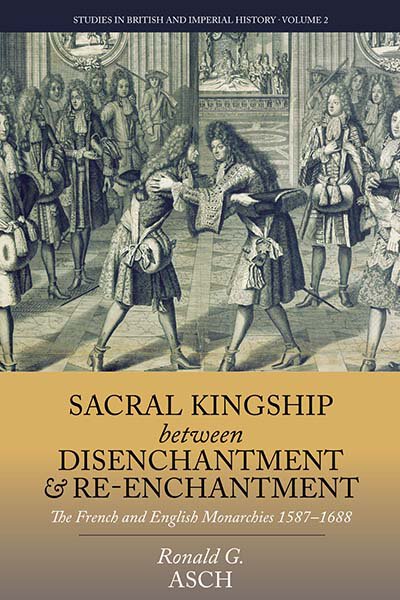 Published July 2014
Published July 2014 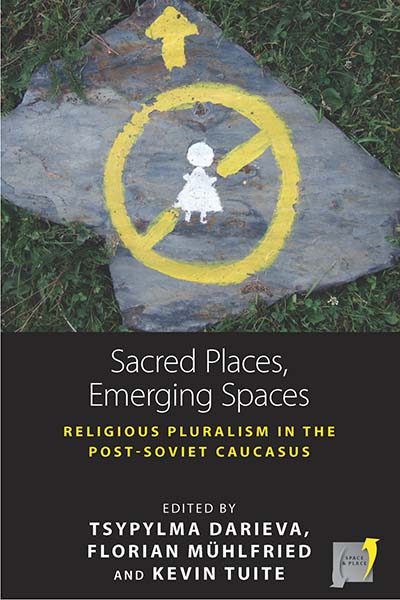 Published February 2018
Published February 2018 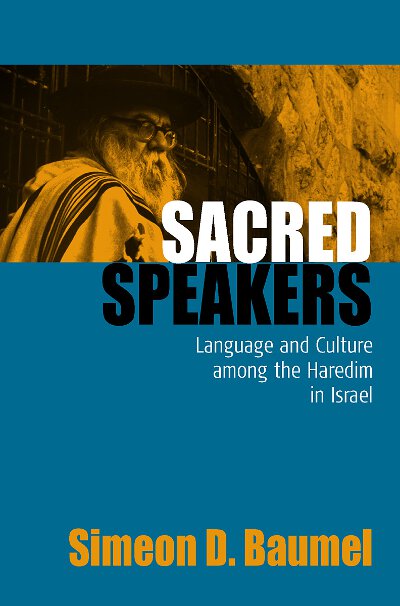 Published January 2006
Published January 2006 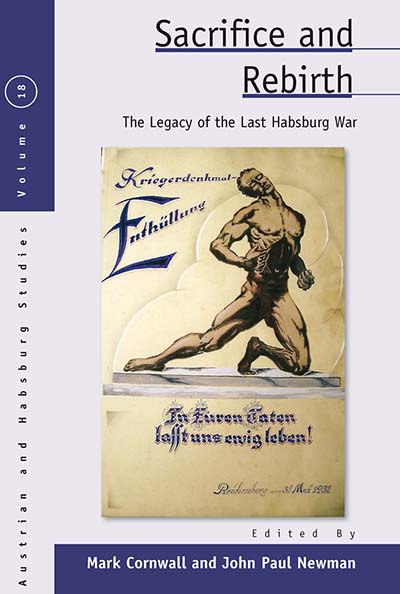 Published January 2016
Published January 2016 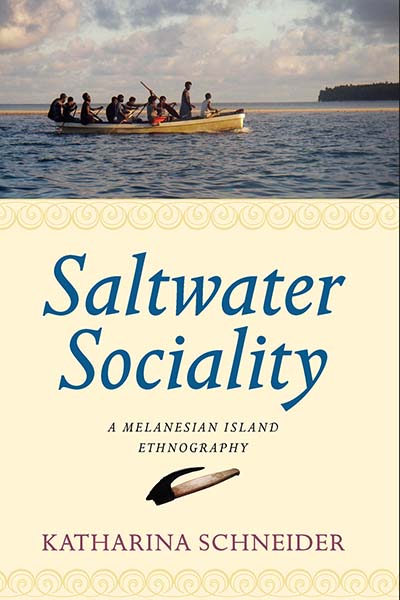 Published February 2012
Published February 2012 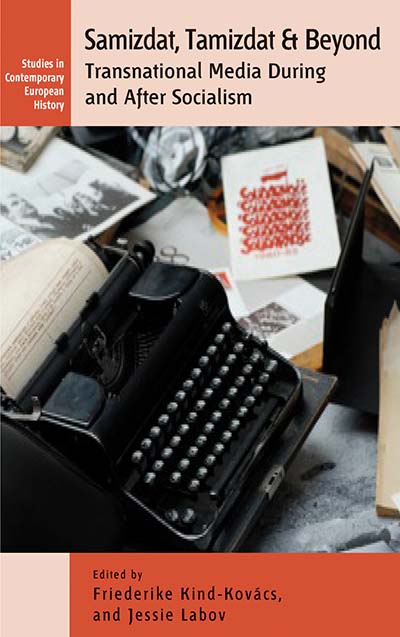 Published March 2013
Published March 2013 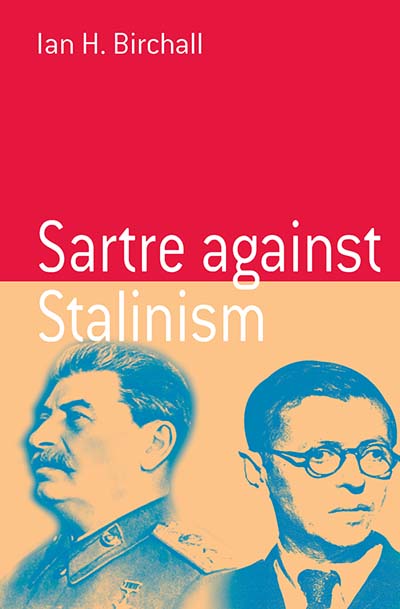 Published June 2004
Published June 2004 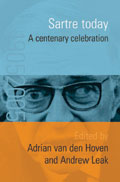 Published December 2005
Published December 2005 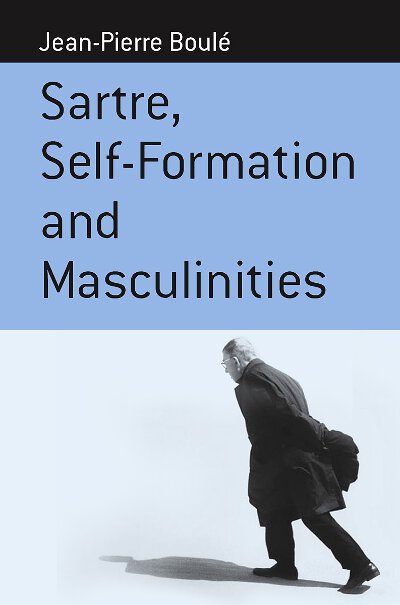 Published December 2004
Published December 2004 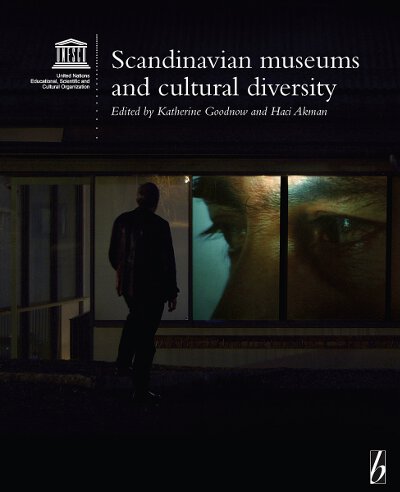 Published September 2008
Published September 2008 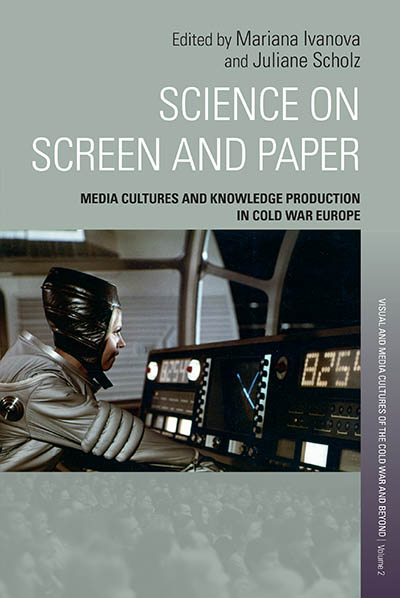 Forthcoming August 2024
Forthcoming August 2024 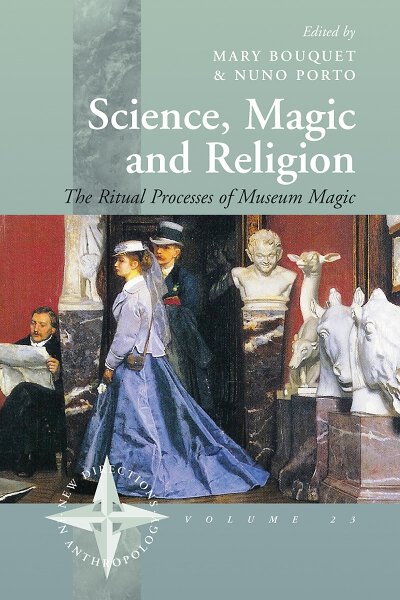 Published December 2004
Published December 2004  Published November 2013
Published November 2013 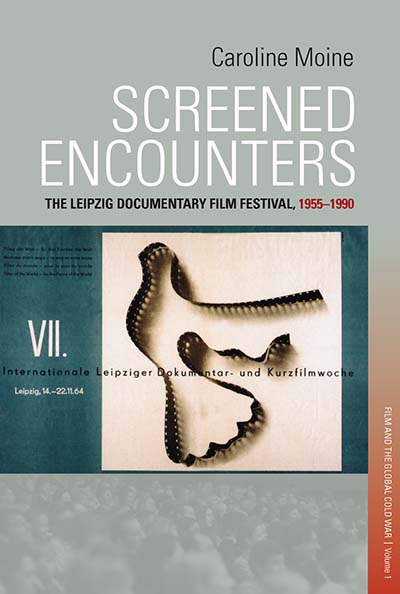 Published September 2018
Published September 2018 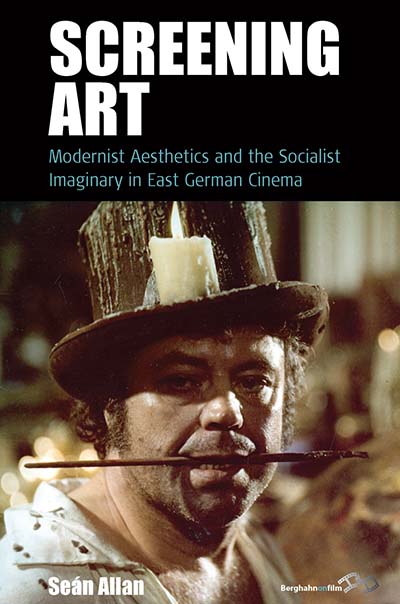 Published February 2019
Published February 2019 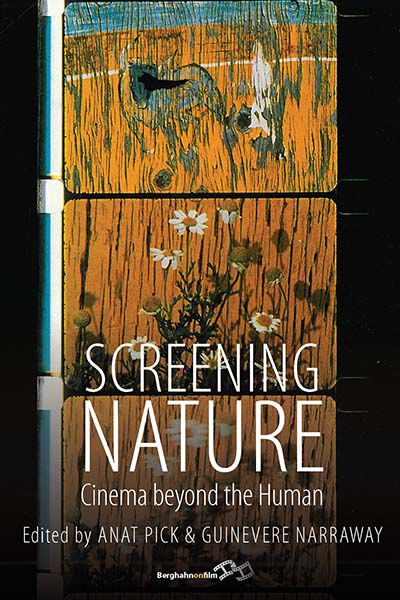 Published November 2013
Published November 2013  Published January 2009
Published January 2009 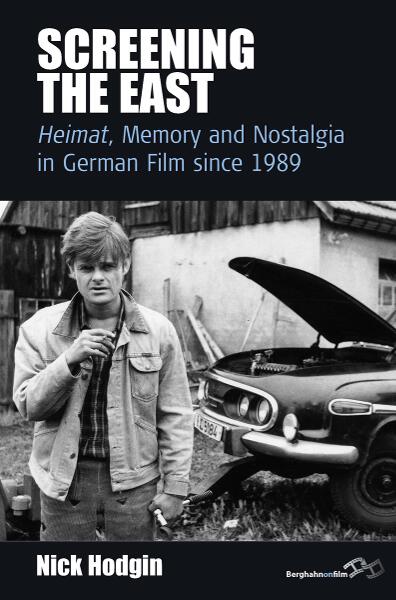 Published May 2011
Published May 2011  Published September 2020
Published September 2020 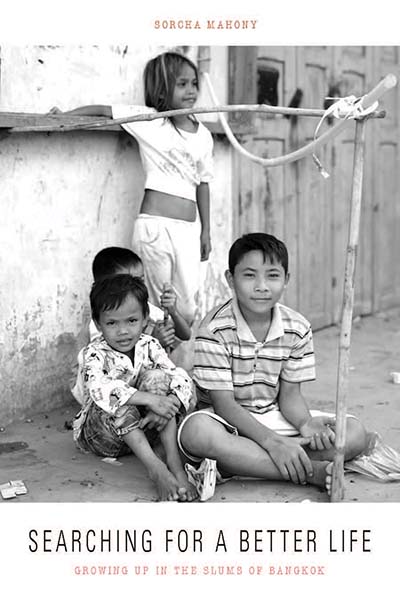 Published May 2018
Published May 2018 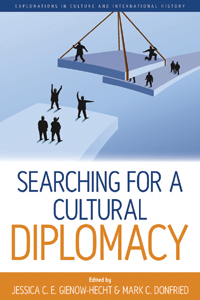 Published November 2010
Published November 2010 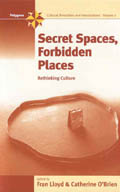 Published June 2001
Published June 2001 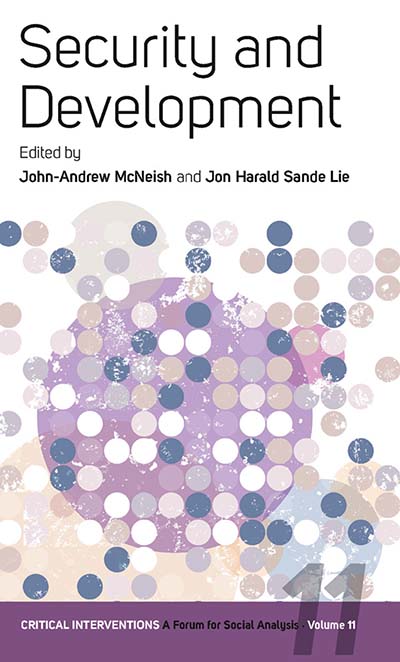 Published November 2010
Published November 2010 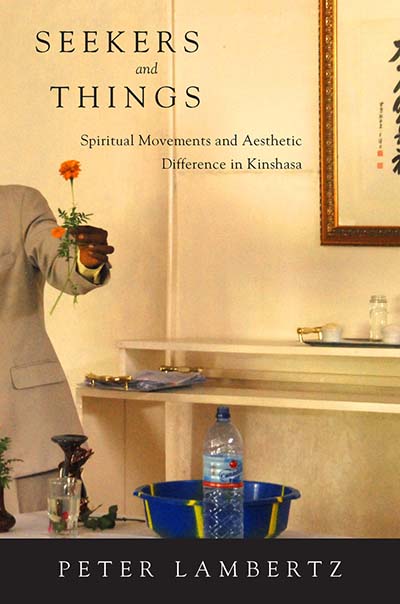 Published December 2017
Published December 2017  Published March 2022
Published March 2022 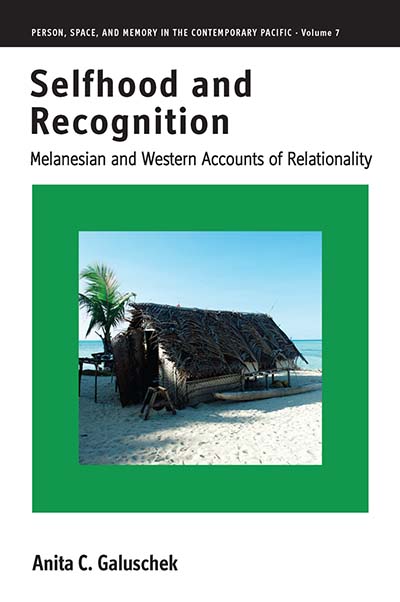 Published November 2017
Published November 2017 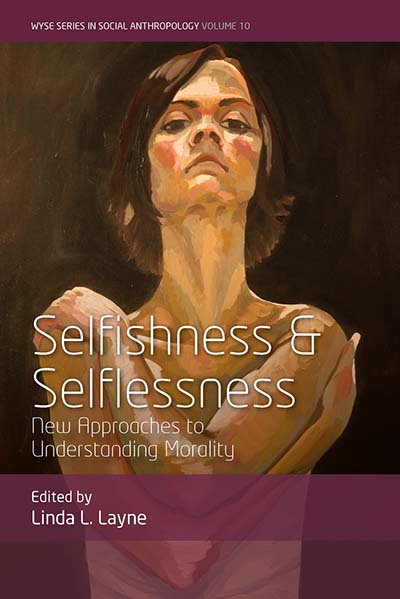 Published April 2020
Published April 2020 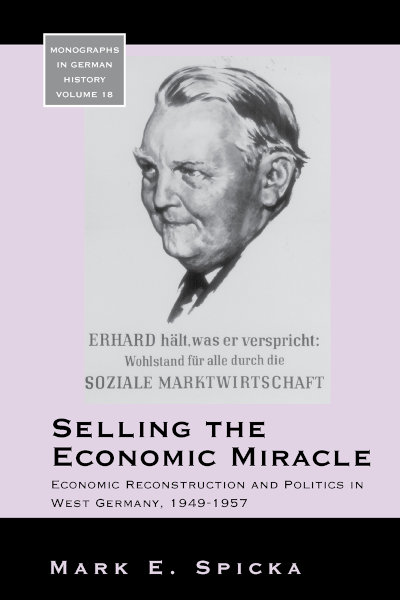 Published August 2007
Published August 2007 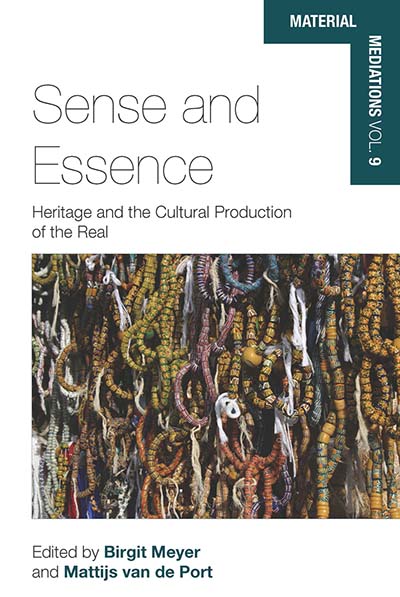 Published July 2018
Published July 2018 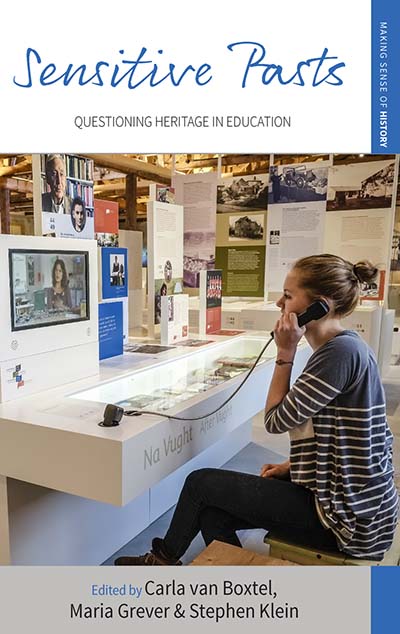 Published December 2016
Published December 2016 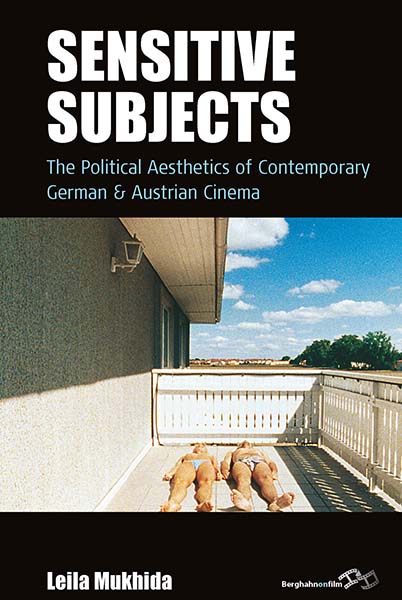 Published November 2020
Published November 2020 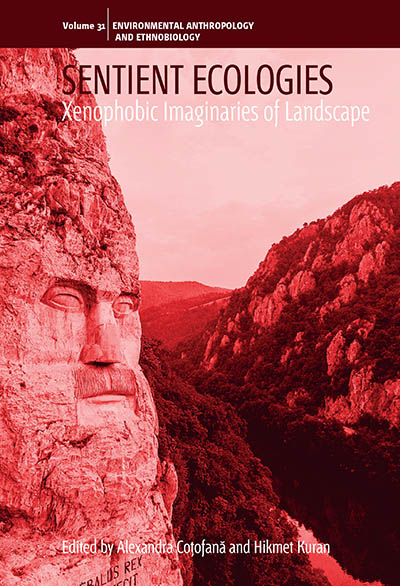 Published November 2022
Published November 2022 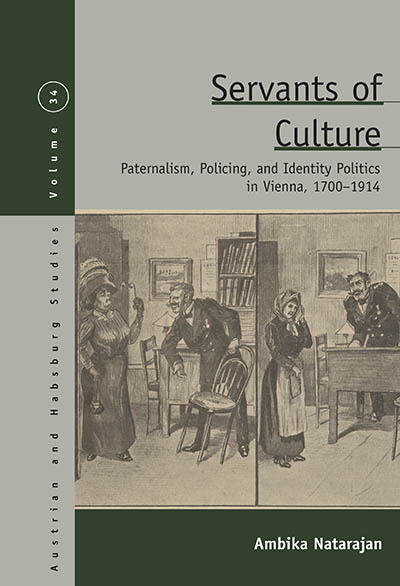 Published May 2023
Published May 2023 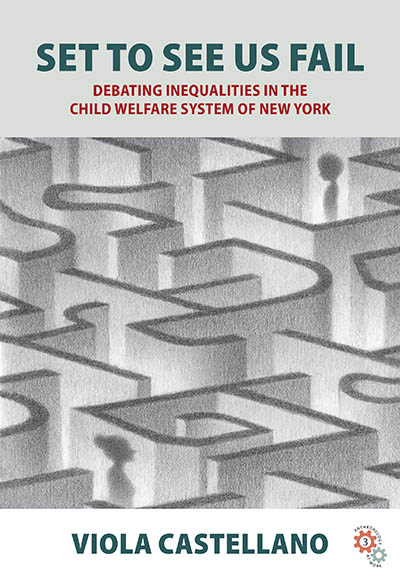 Published March 2023
Published March 2023 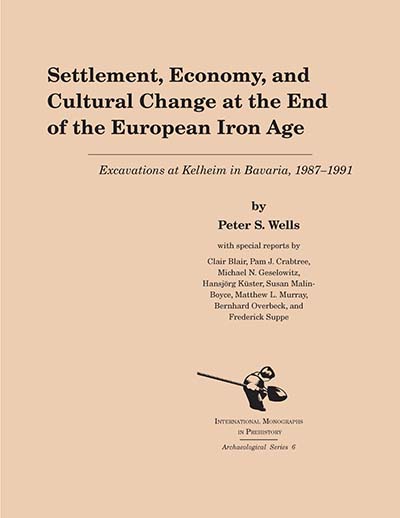 Published December 1993
Published December 1993 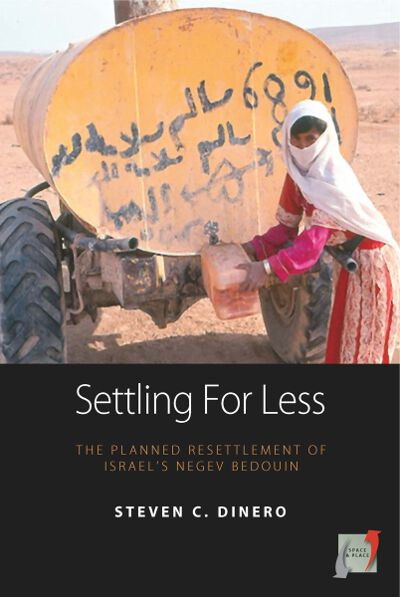 Published November 2010
Published November 2010 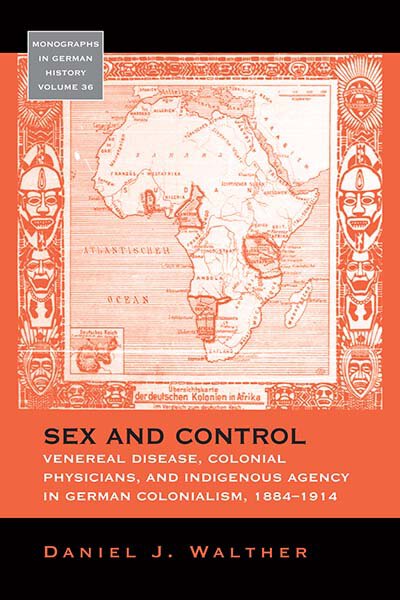 Published March 2015
Published March 2015 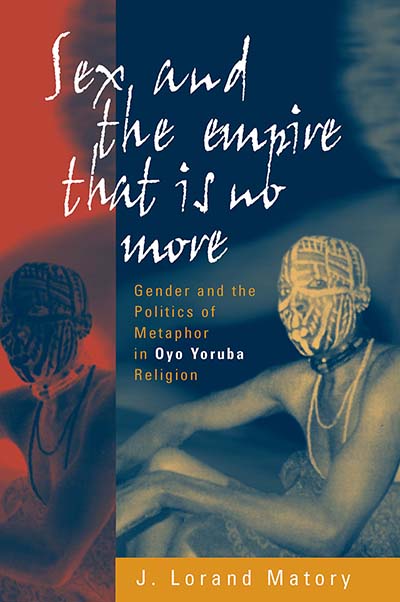 Published May 2005
Published May 2005 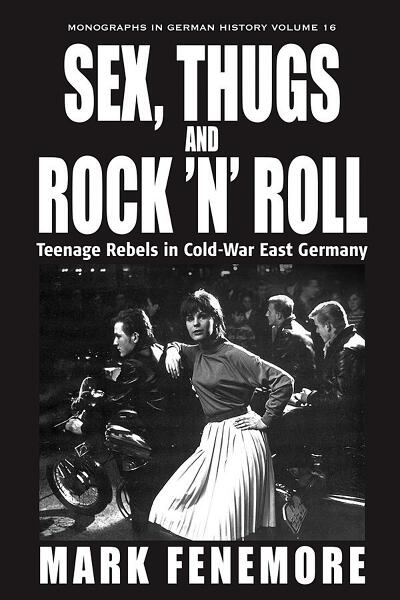 Published December 2007
Published December 2007 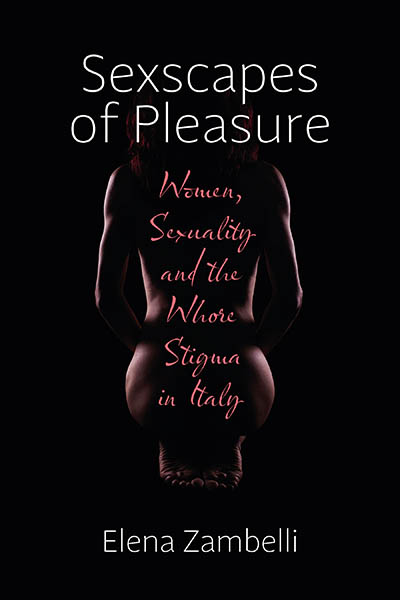 Published November 2022
Published November 2022 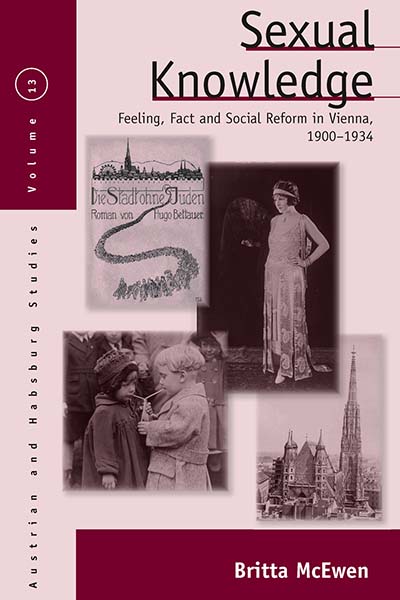 Published February 2012
Published February 2012 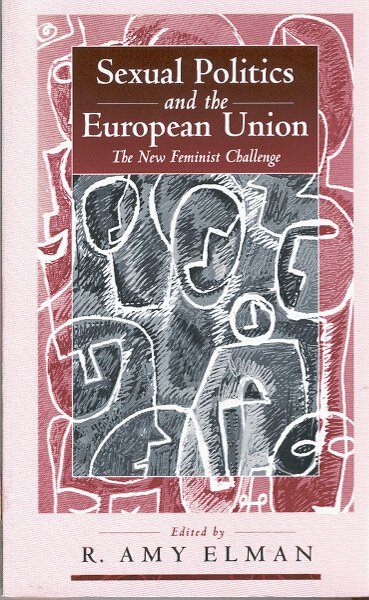 Published February 1996
Published February 1996 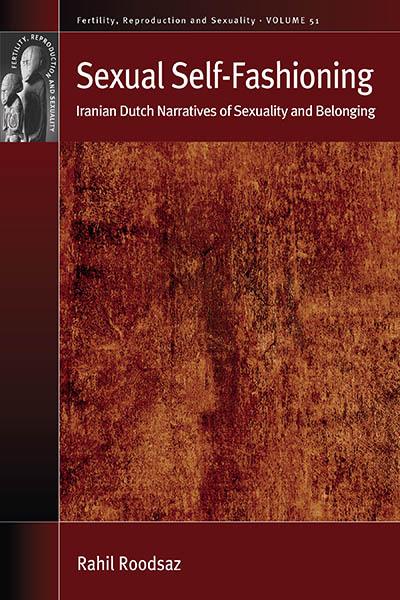 Published November 2022
Published November 2022 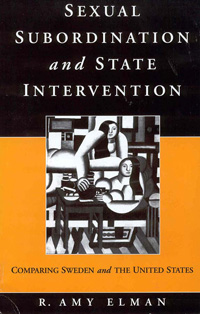 Published February 1996
Published February 1996 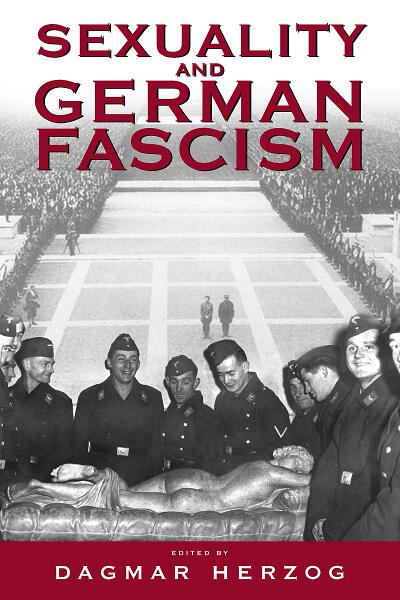 Published November 2004
Published November 2004 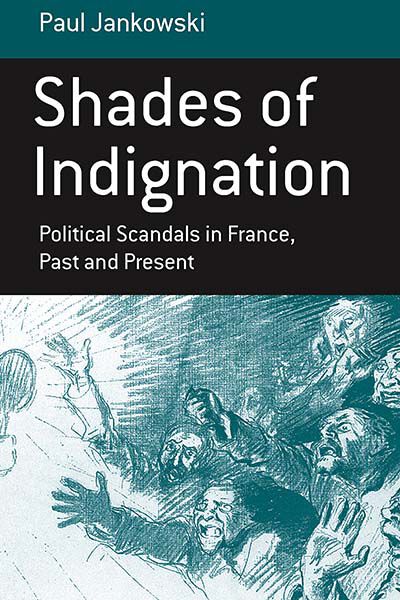 Published December 2007
Published December 2007 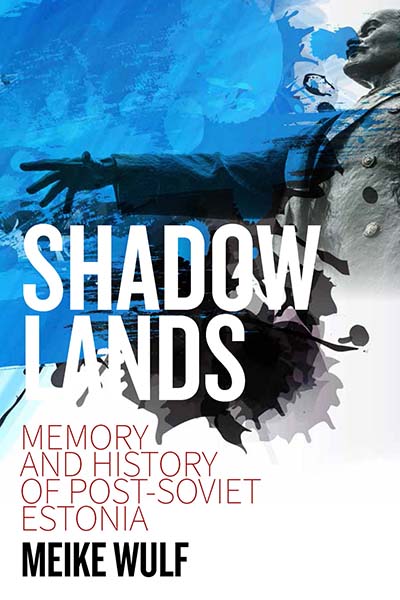 Published January 2016
Published January 2016  Published September 2020
Published September 2020 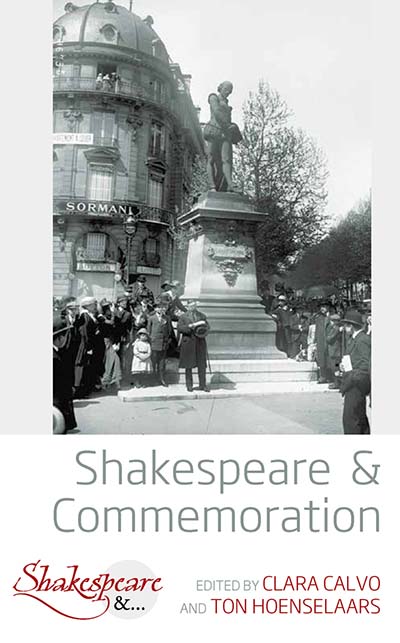 Published July 2019
Published July 2019  Published September 2019
Published September 2019  Published April 2020
Published April 2020 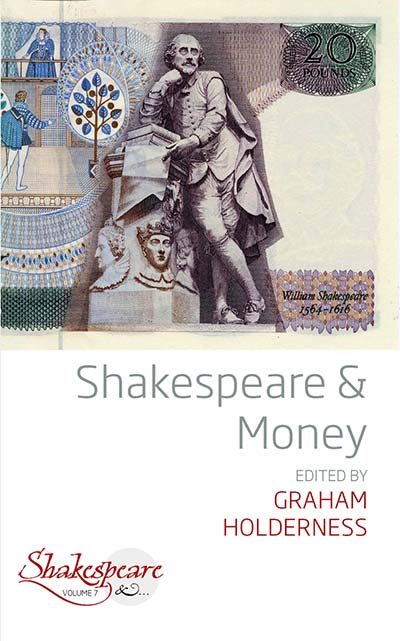 Published May 2020
Published May 2020 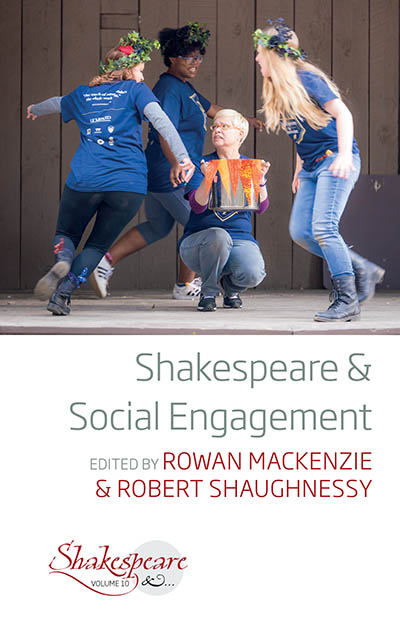 Published August 2023
Published August 2023  Published July 2019
Published July 2019 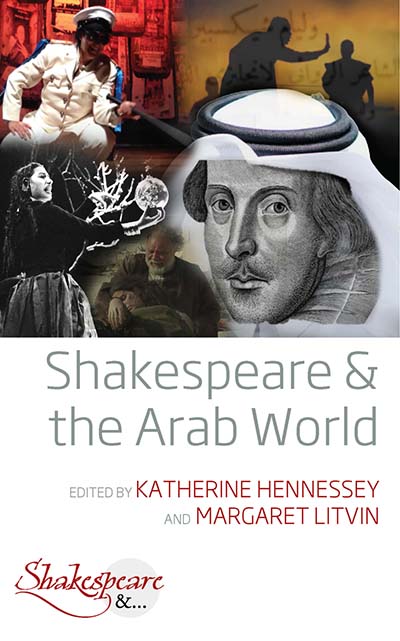 Published July 2019
Published July 2019  Published September 2019
Published September 2019  Published June 2022
Published June 2022  Forthcoming October 2023
Forthcoming October 2023 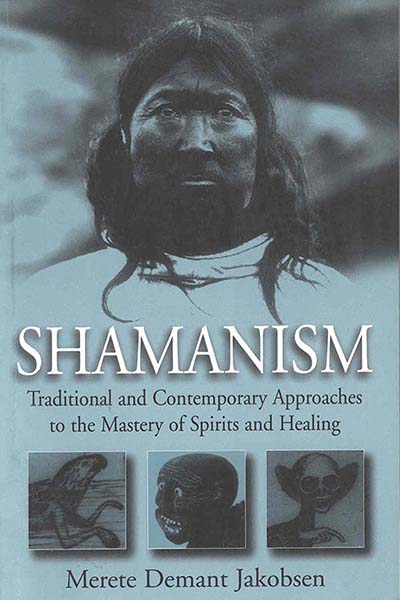 Published December 2020
Published December 2020 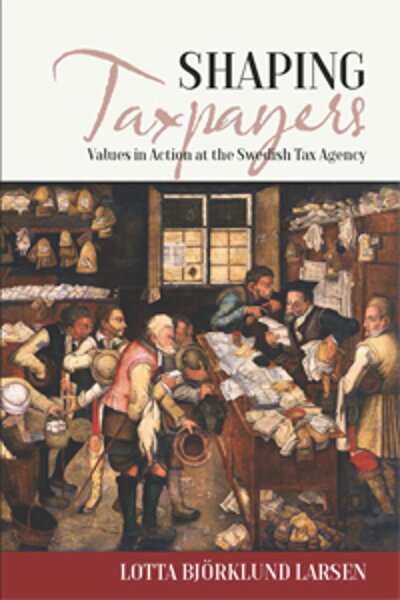 Published February 2017
Published February 2017 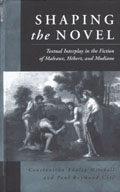 Published October 1996
Published October 1996 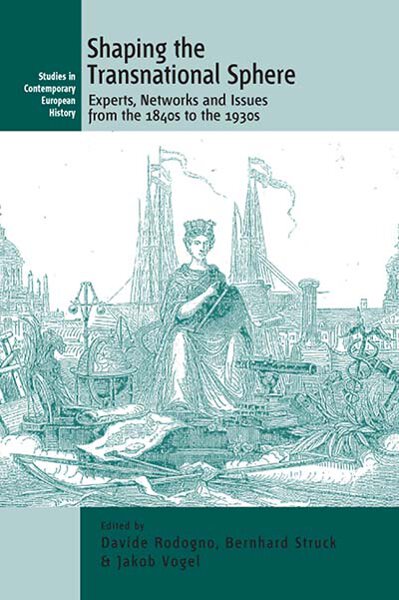 Published December 2014
Published December 2014 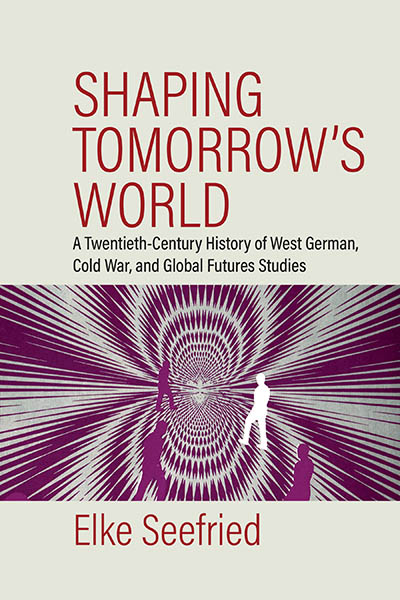 Forthcoming May 2024
Forthcoming May 2024 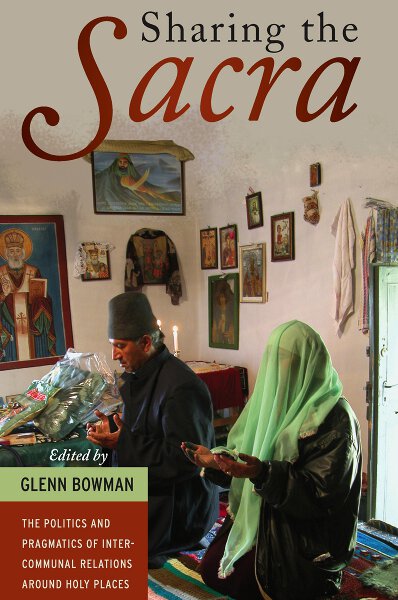 Published July 2012
Published July 2012 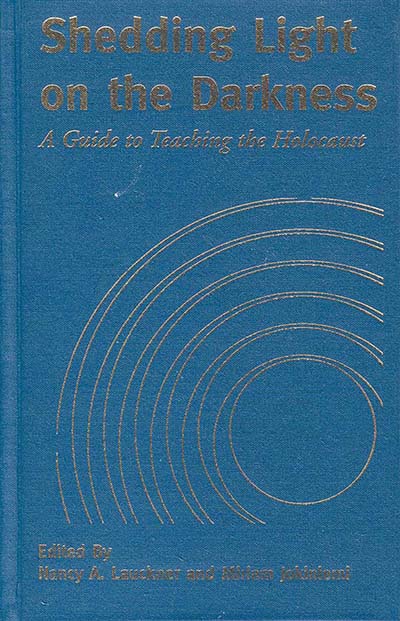 Published September 2000
Published September 2000 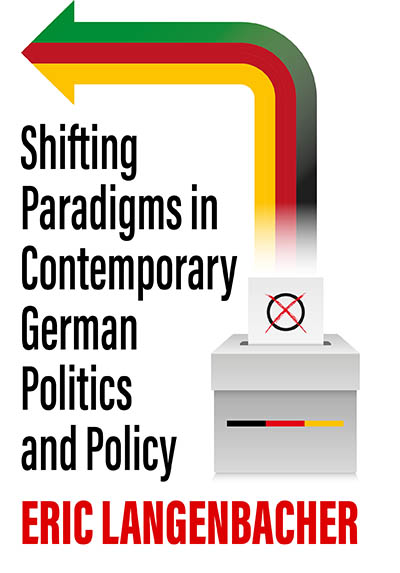 Forthcoming June 2024
Forthcoming June 2024 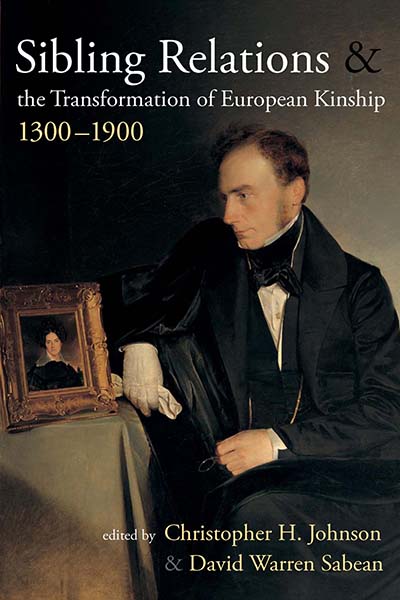 Published March 2011
Published March 2011 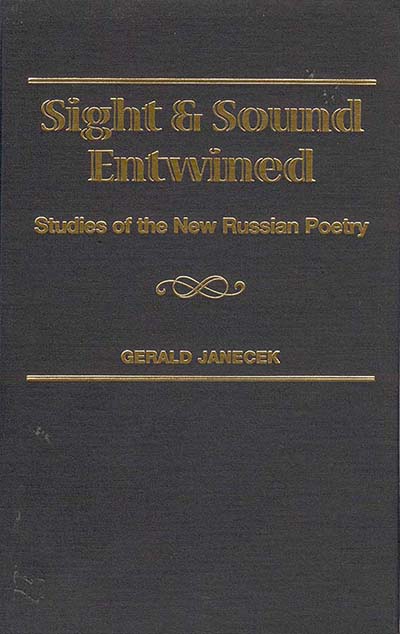 Published March 2000
Published March 2000 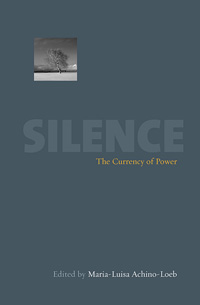 Published December 2005
Published December 2005 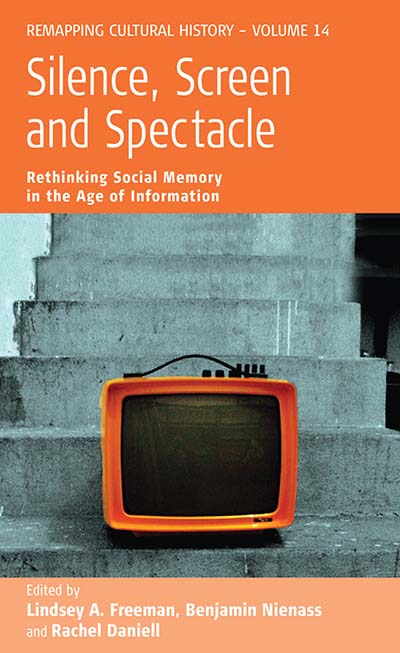 Published February 2014
Published February 2014 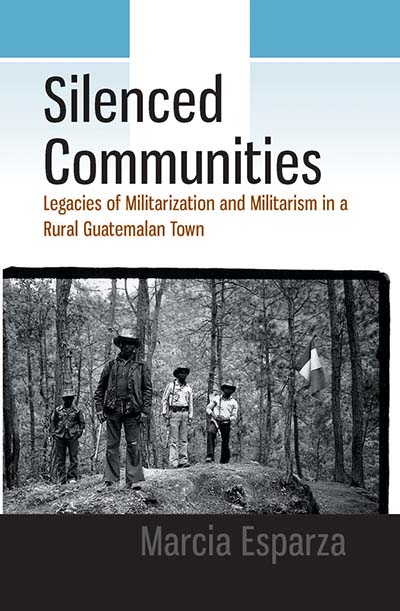 Published October 2017
Published October 2017 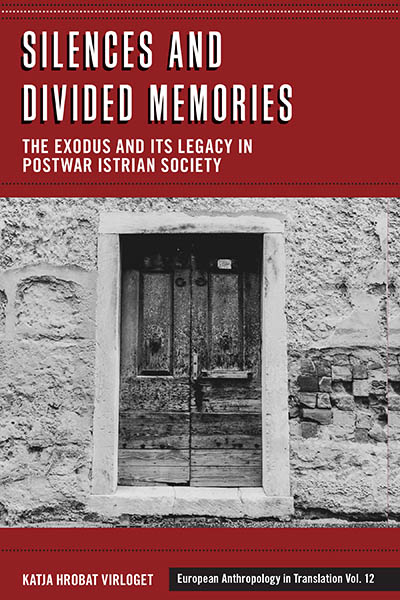 Published August 2023
Published August 2023  Forthcoming December 2024
Forthcoming December 2024 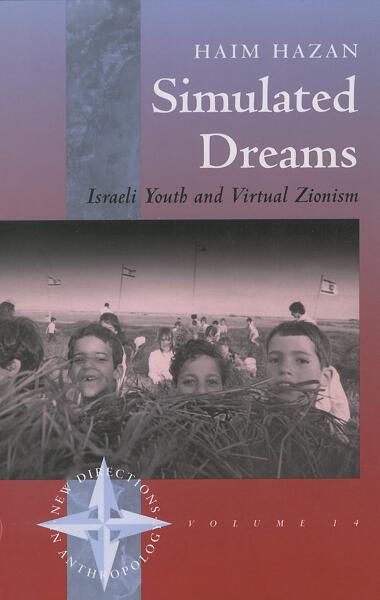 Published December 2001
Published December 2001  Published December 2017
Published December 2017 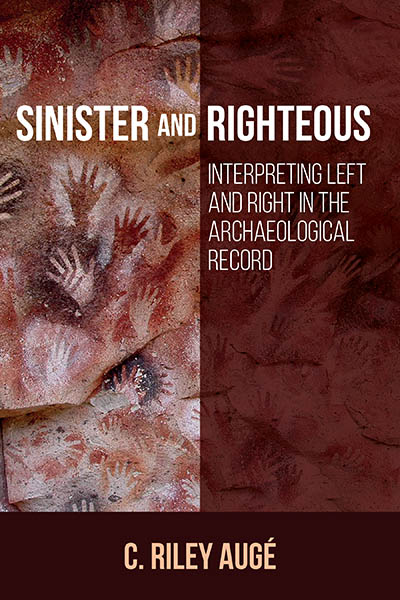 Forthcoming December 2024
Forthcoming December 2024 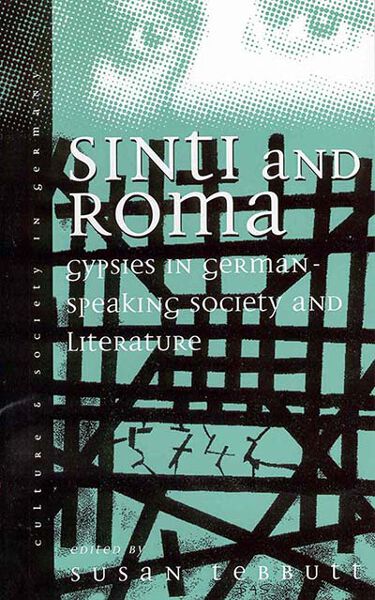 Published September 1998
Published September 1998 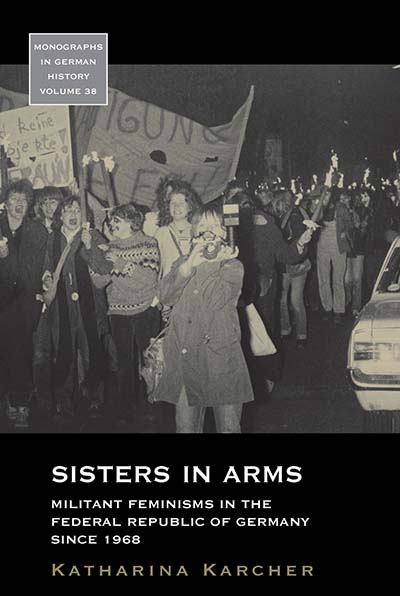 Published May 2017
Published May 2017 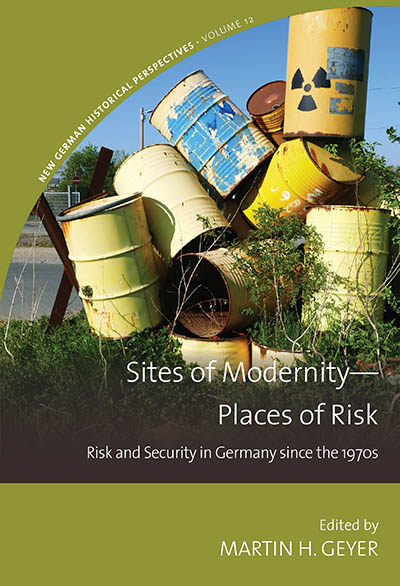 Published July 2023
Published July 2023  Published January 2007
Published January 2007 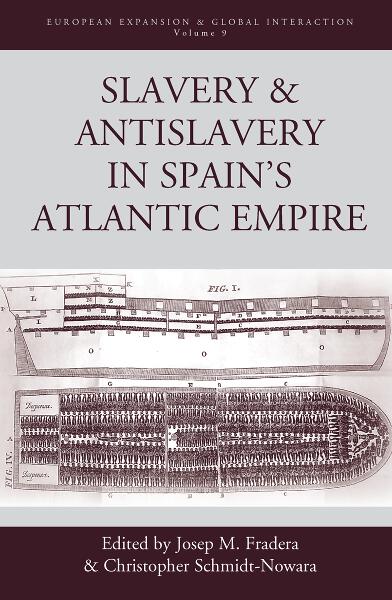 Published June 2013
Published June 2013 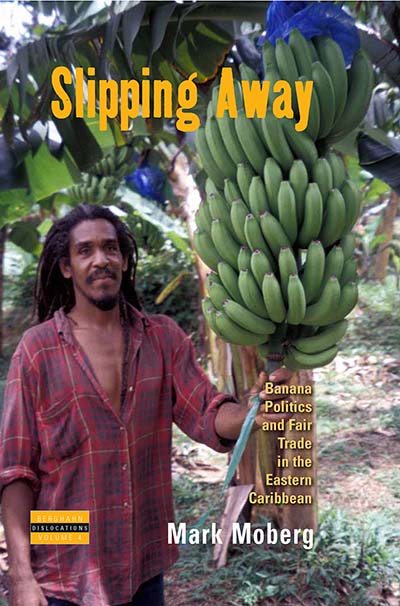 Published November 2008
Published November 2008 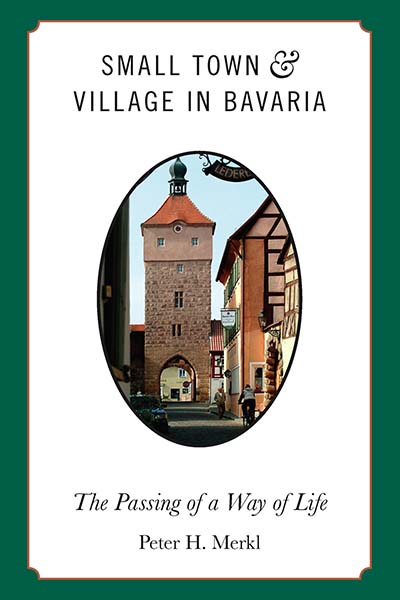 Published April 2012
Published April 2012  Forthcoming August 2024
Forthcoming August 2024 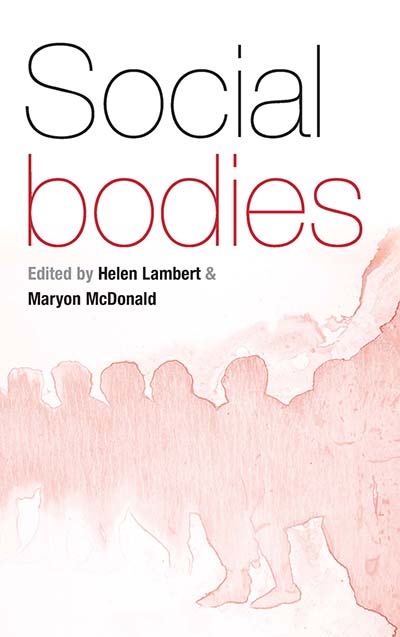 Published March 2009
Published March 2009 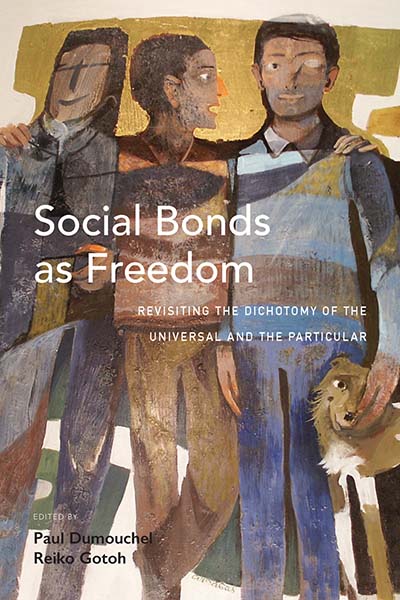 Published August 2015
Published August 2015 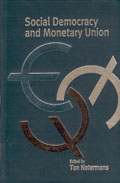 Published December 2001
Published December 2001 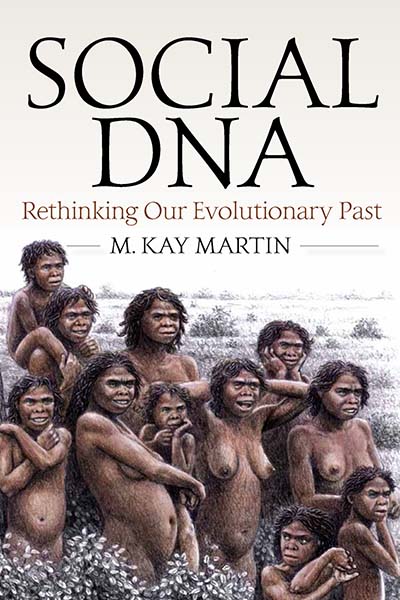 Published October 2018
Published October 2018  Forthcoming May 2024
Forthcoming May 2024 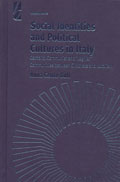 Published January 2001
Published January 2001 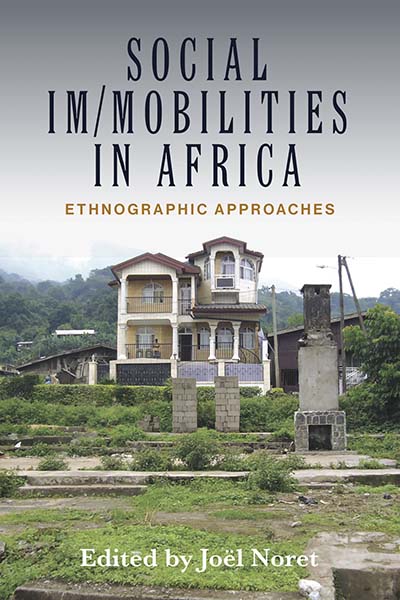 Published November 2019
Published November 2019 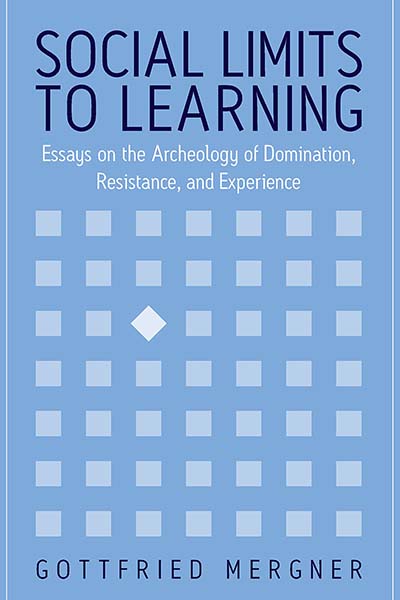 Published January 2005
Published January 2005 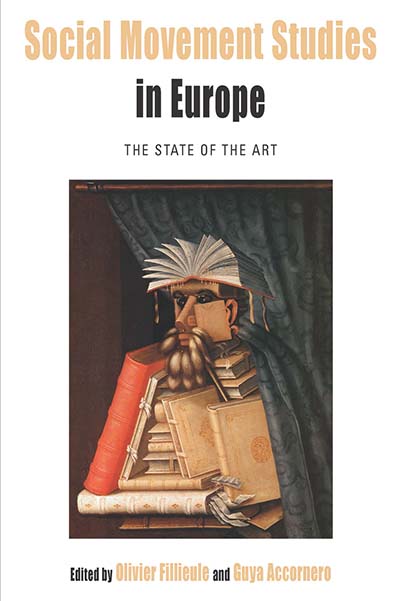 Published March 2016
Published March 2016 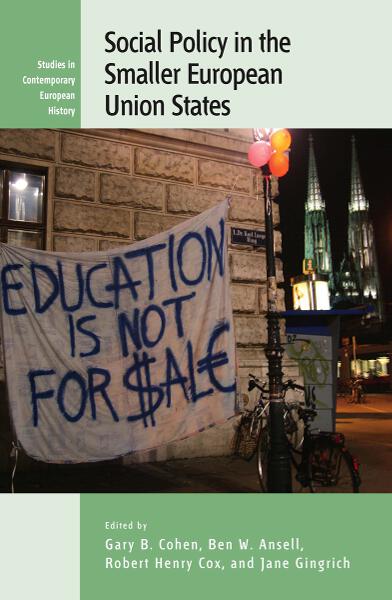 Published December 2011
Published December 2011 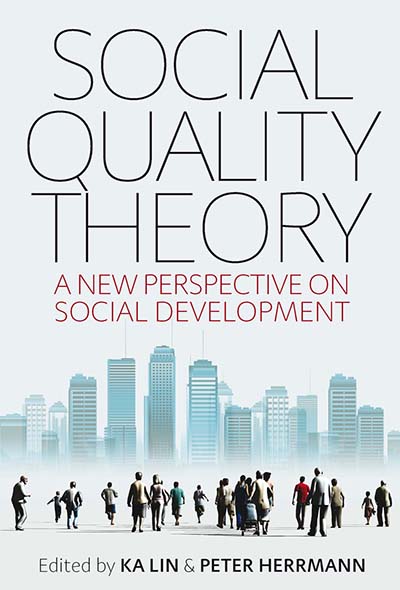 Published July 2015
Published July 2015 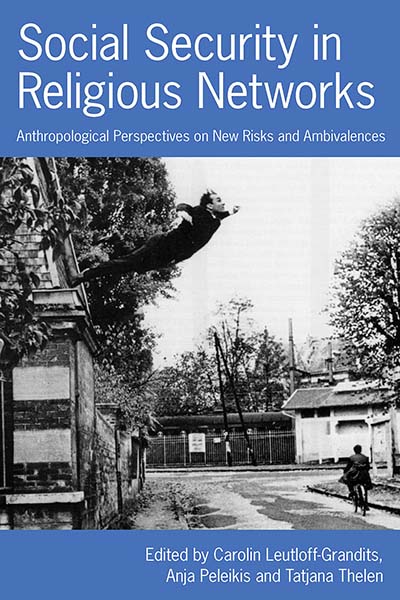 Published June 2009
Published June 2009 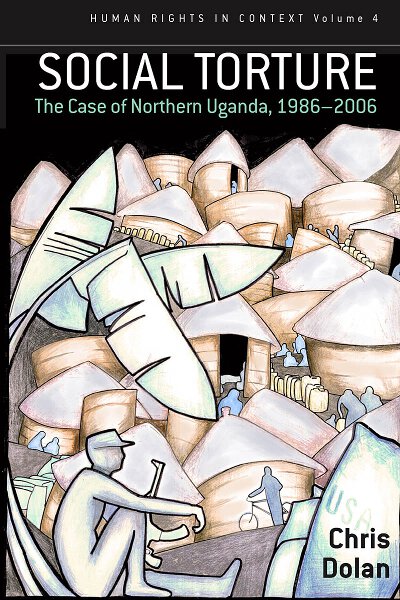 Published April 2009
Published April 2009 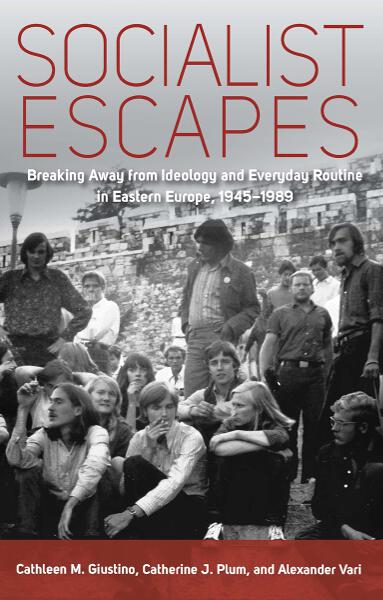 Published March 2013
Published March 2013 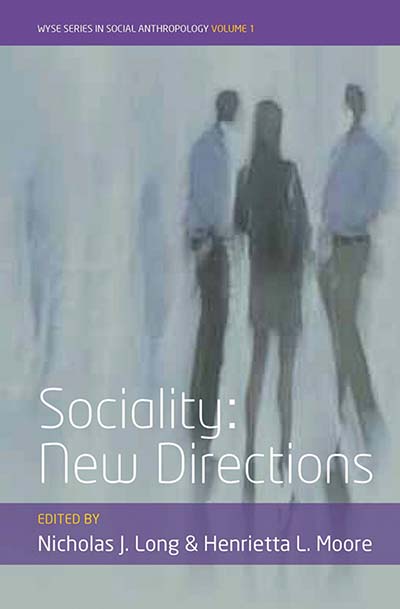 Published December 2012
Published December 2012  Published November 2018
Published November 2018 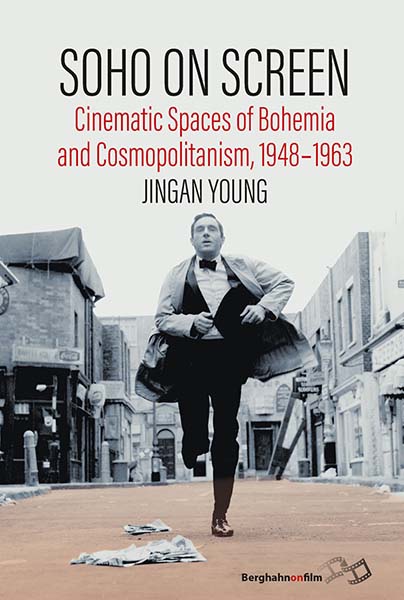 Published May 2022
Published May 2022  Published July 2013
Published July 2013 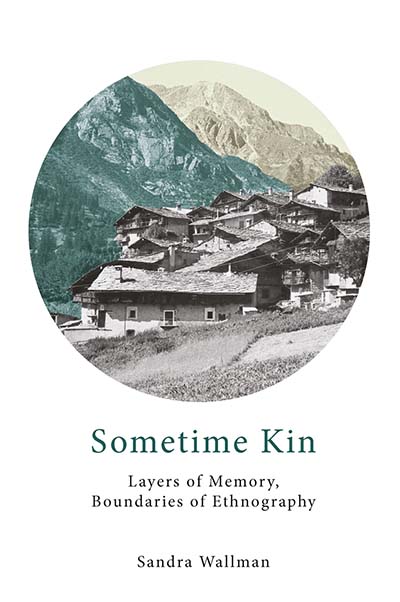 Published October 2019
Published October 2019 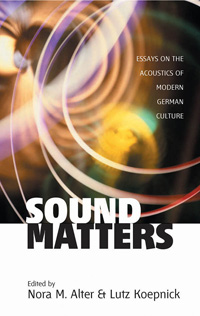 Published November 2004
Published November 2004  Published November 2020
Published November 2020 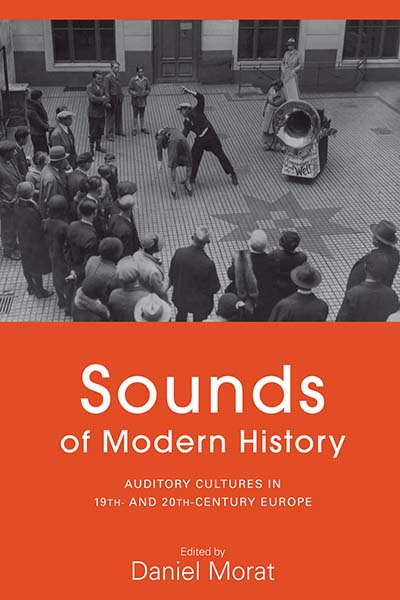 Published September 2014
Published September 2014 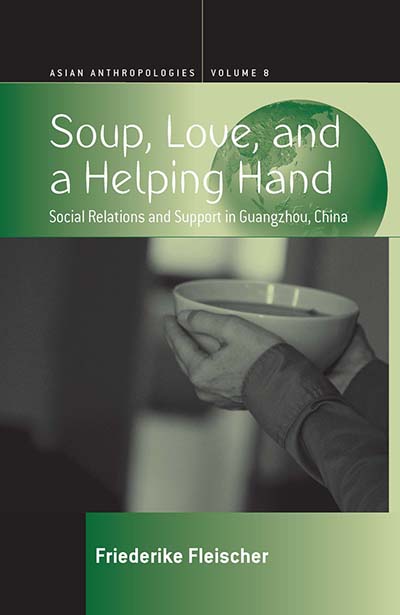 Published February 2018
Published February 2018 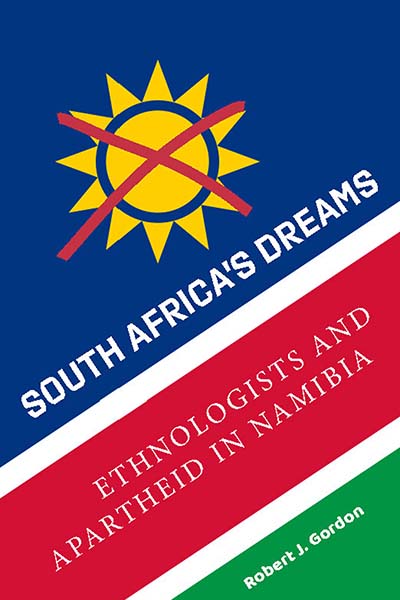 Published February 2021
Published February 2021 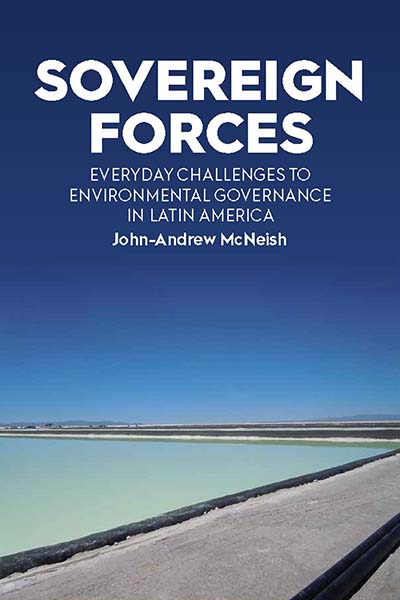 Published June 2021
Published June 2021 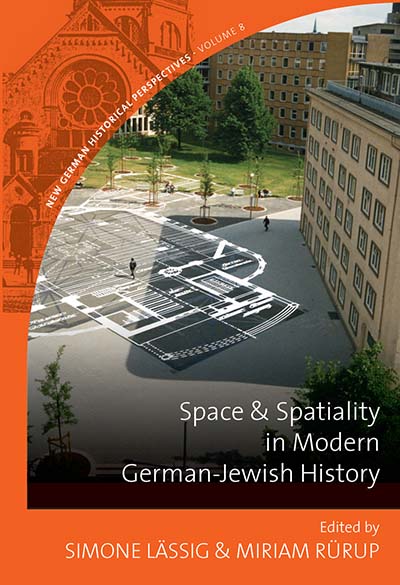 Published June 2017
Published June 2017 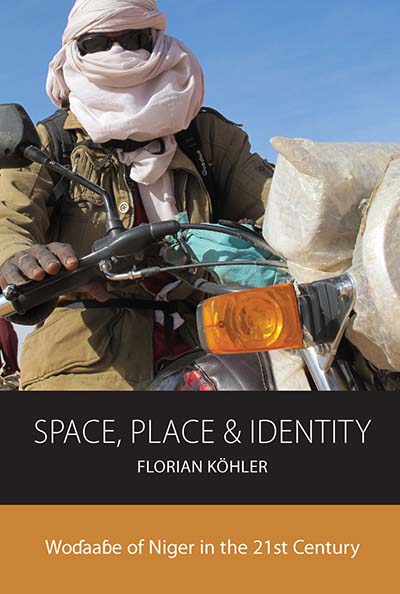 Published March 2020
Published March 2020 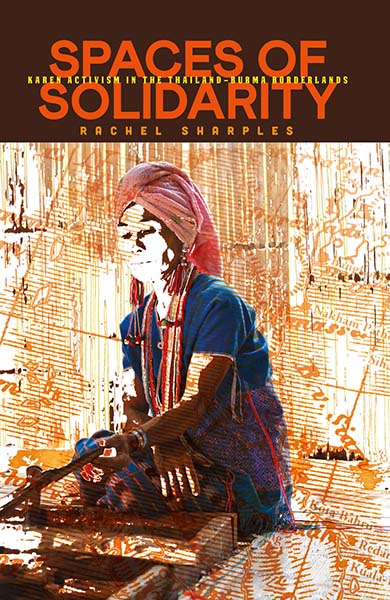 Published May 2020
Published May 2020 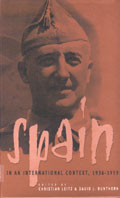 Published September 1999
Published September 1999 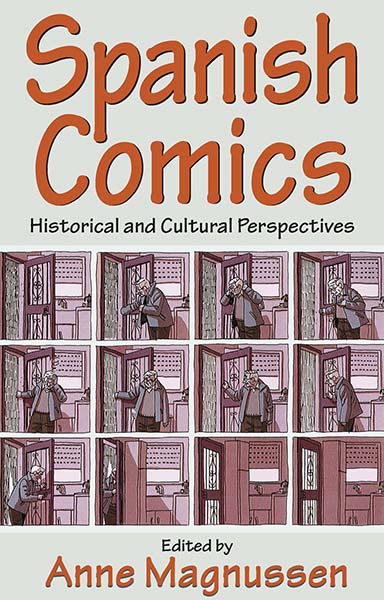 Published November 2020
Published November 2020 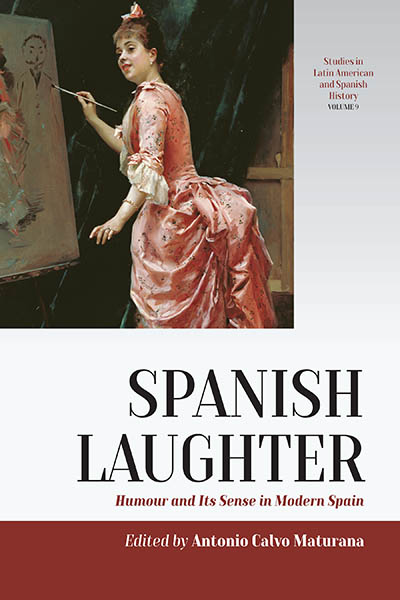 Published June 2022
Published June 2022 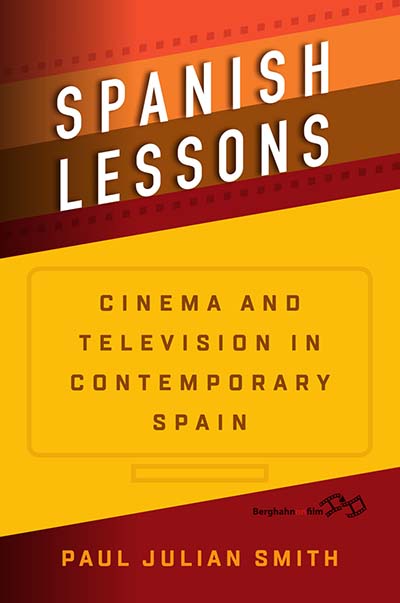 Published September 2017
Published September 2017 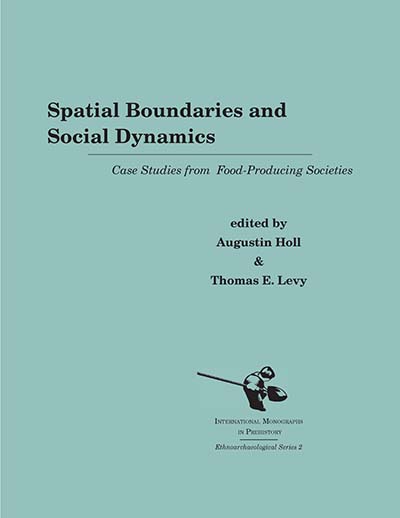 Published March 1993
Published March 1993 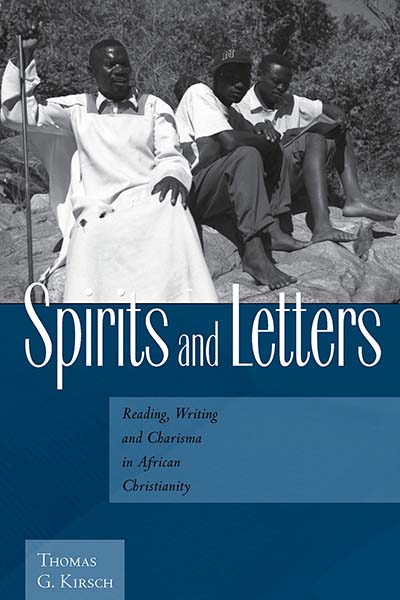 Published May 2008
Published May 2008 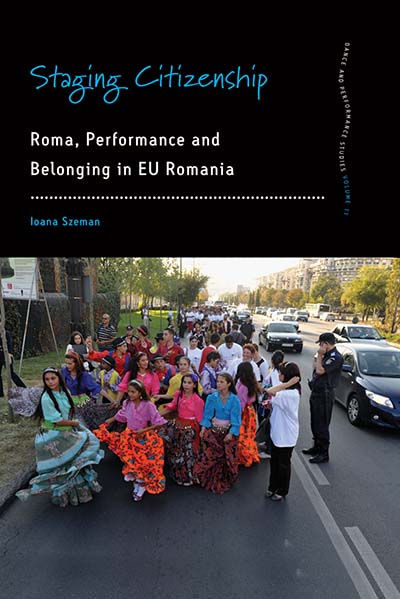 Published December 2017
Published December 2017 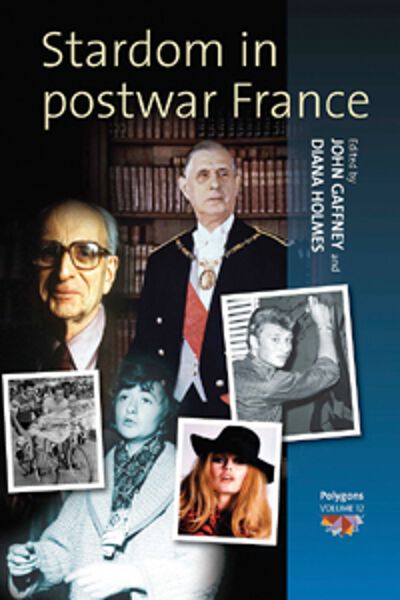 Published February 2008
Published February 2008 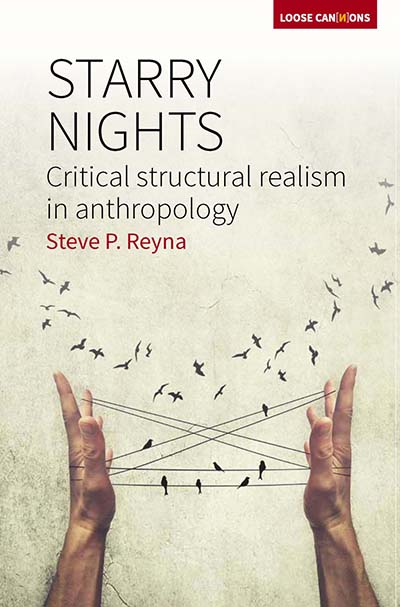 Published April 2017
Published April 2017  Published December 2016
Published December 2016  Published April 2007
Published April 2007 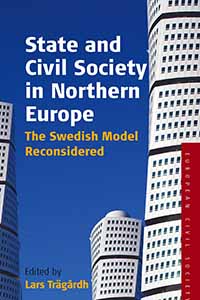 Published January 2007
Published January 2007 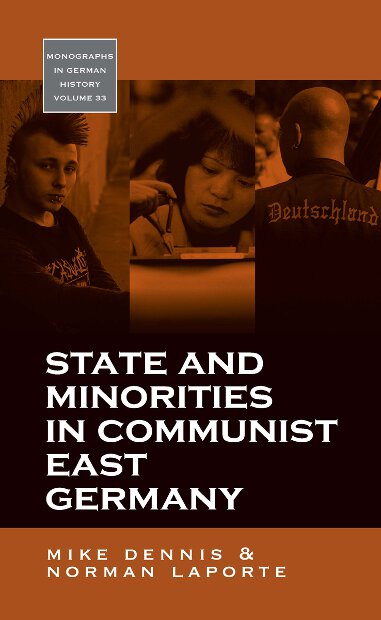 Published August 2011
Published August 2011 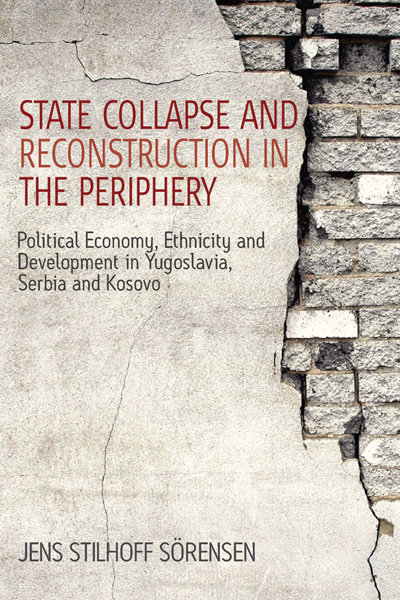 Published May 2009
Published May 2009 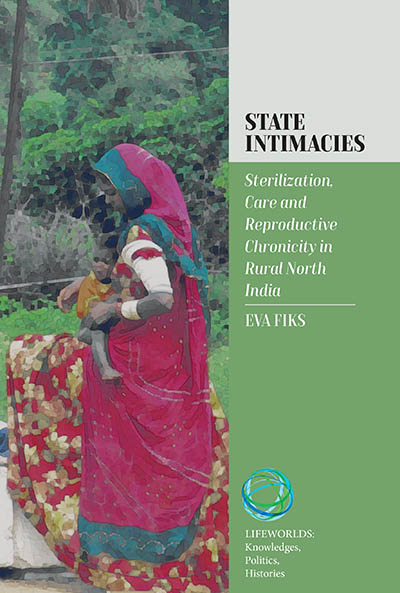 Published April 2024
Published April 2024 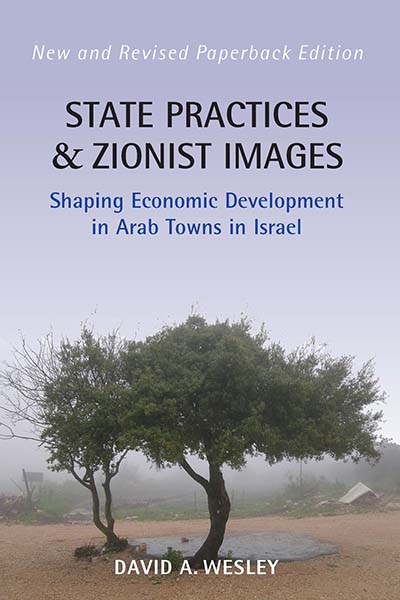 Published January 2013
Published January 2013 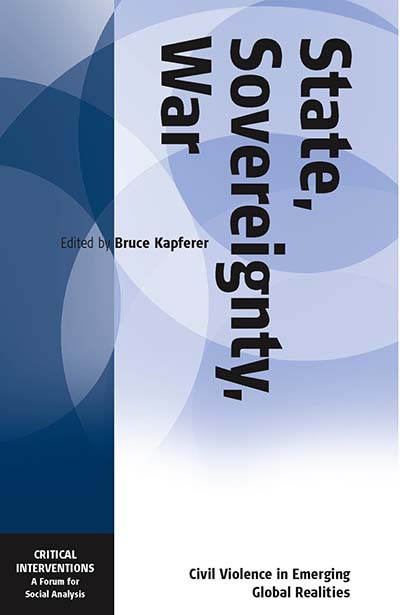 Published October 2004
Published October 2004 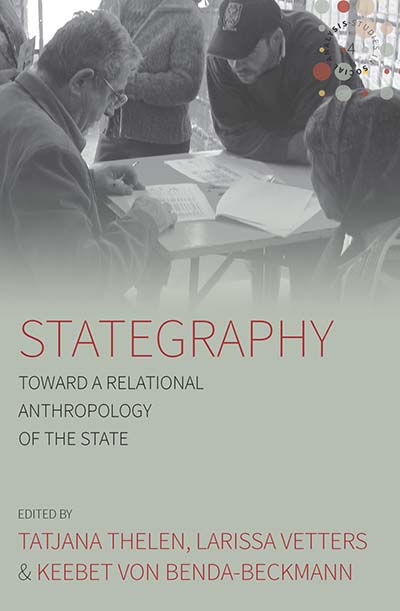 Published November 2017
Published November 2017 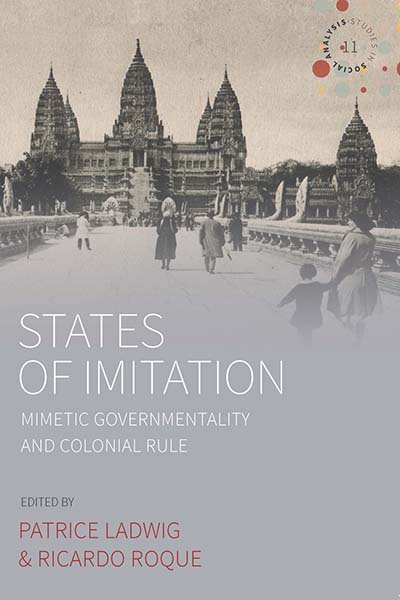 Published June 2020
Published June 2020 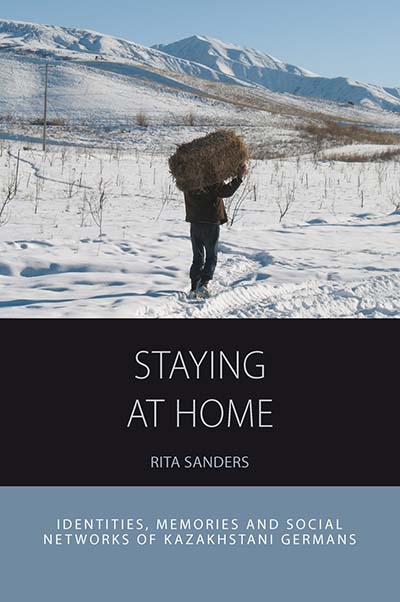 Published August 2016
Published August 2016 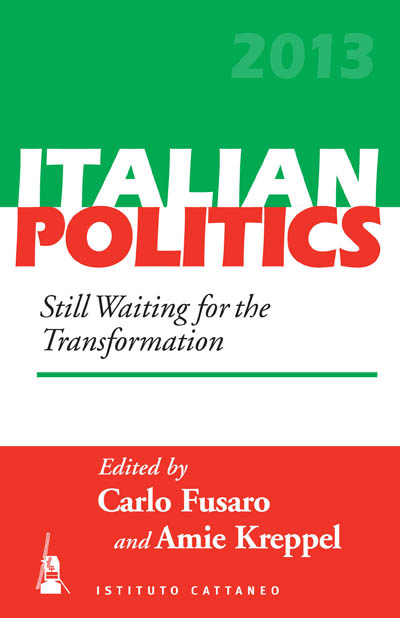 Published November 2014
Published November 2014 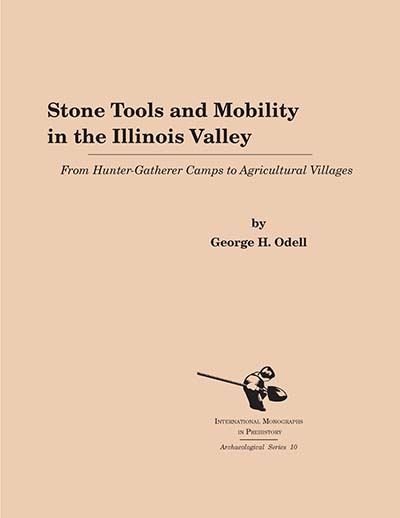 Published December 1996
Published December 1996 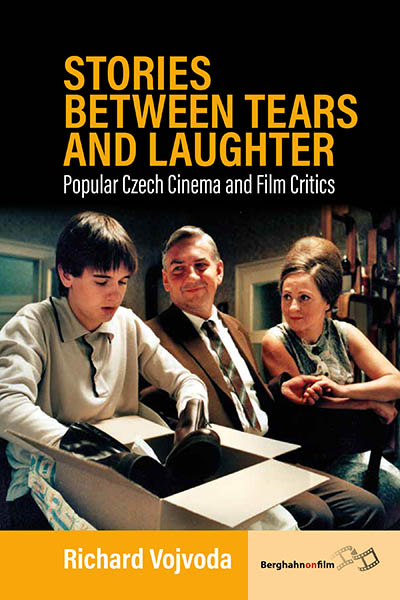 Published January 2024
Published January 2024 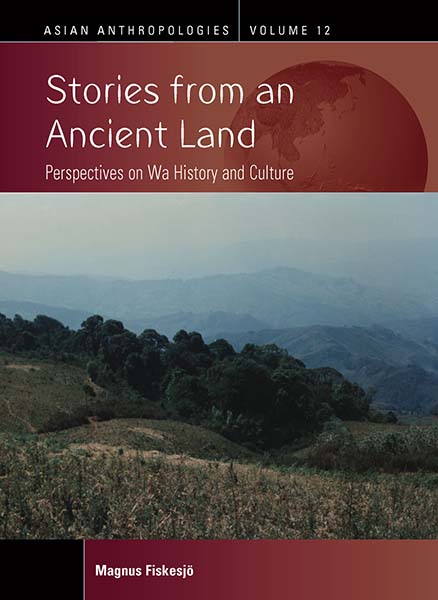 Published August 2021
Published August 2021 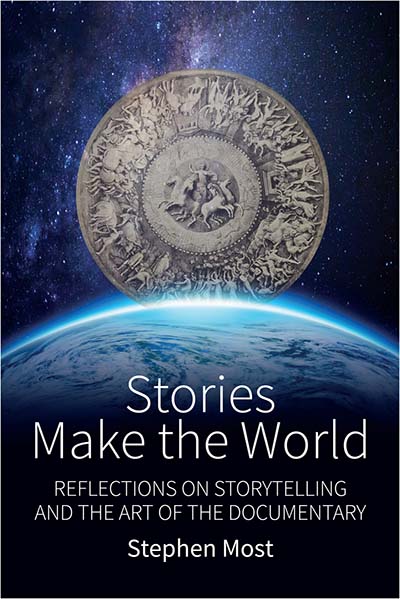 Published June 2017
Published June 2017 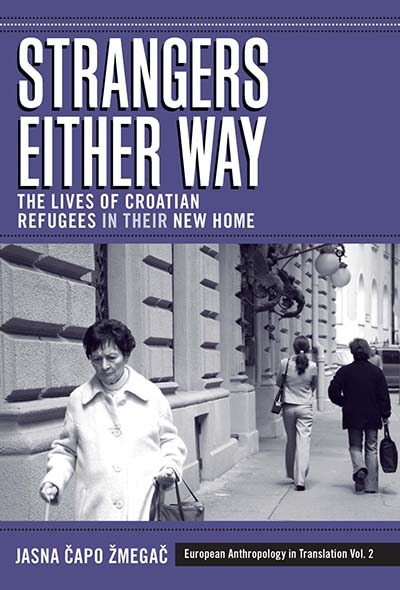 Published August 2007
Published August 2007 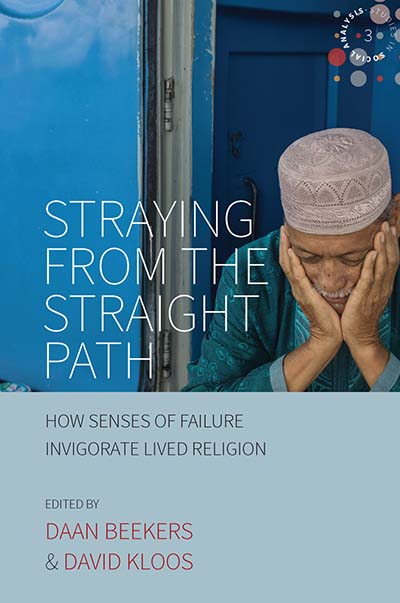 Published October 2017
Published October 2017 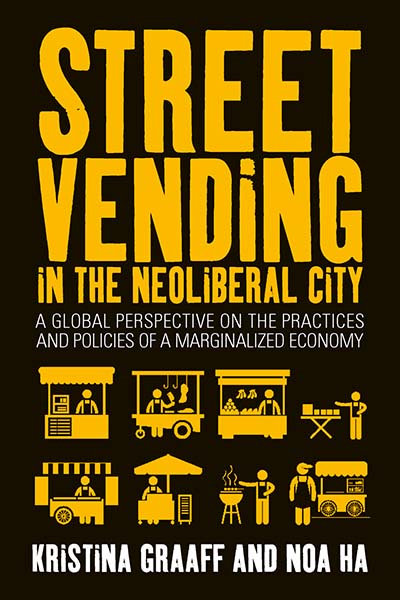 Published October 2015
Published October 2015  Published July 2015
Published July 2015 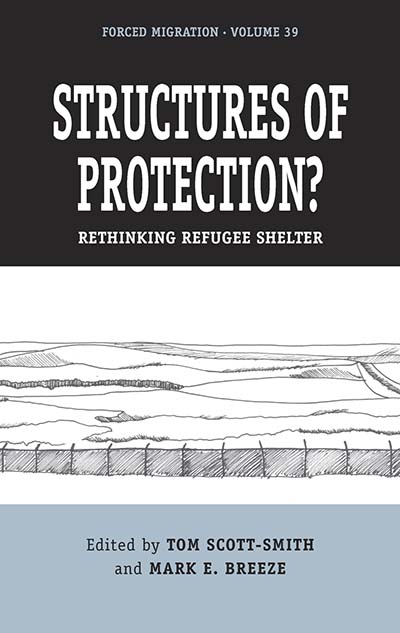 Published May 2020
Published May 2020 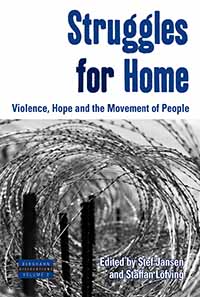 Published October 2008
Published October 2008 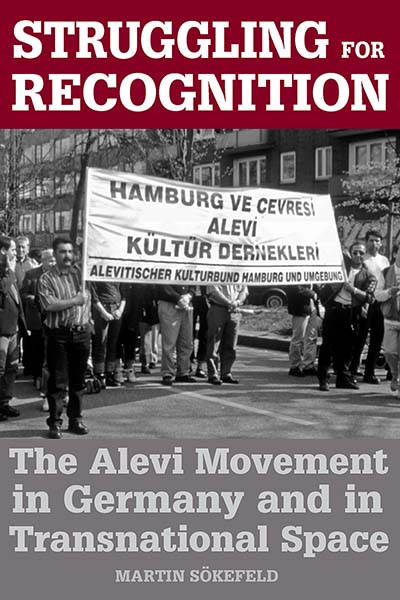 Published May 2008
Published May 2008 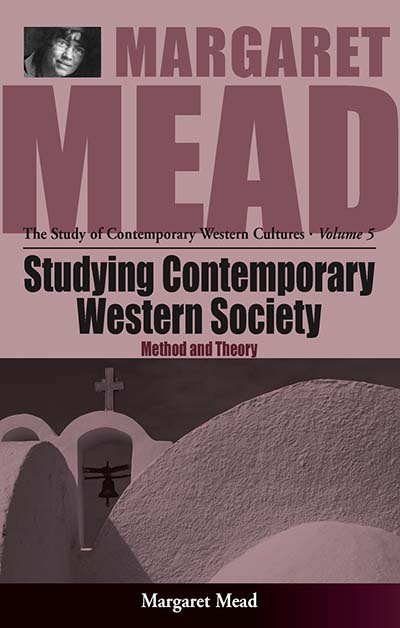 Published December 2003
Published December 2003 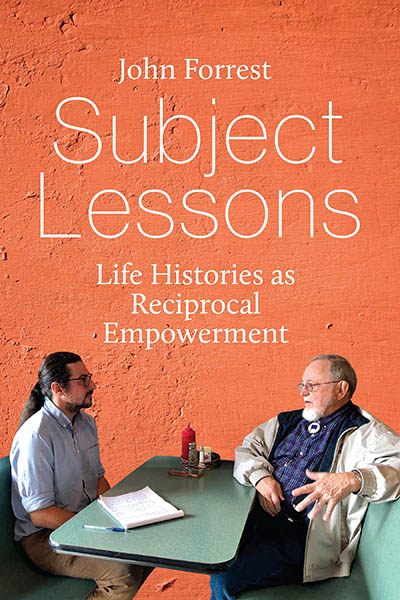 Forthcoming September 2024
Forthcoming September 2024 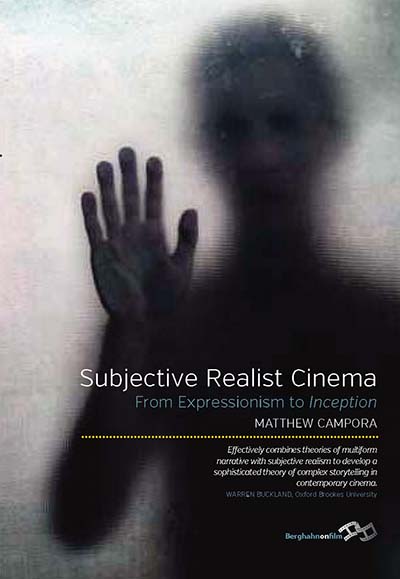 Published March 2014
Published March 2014  Forthcoming October 2024
Forthcoming October 2024 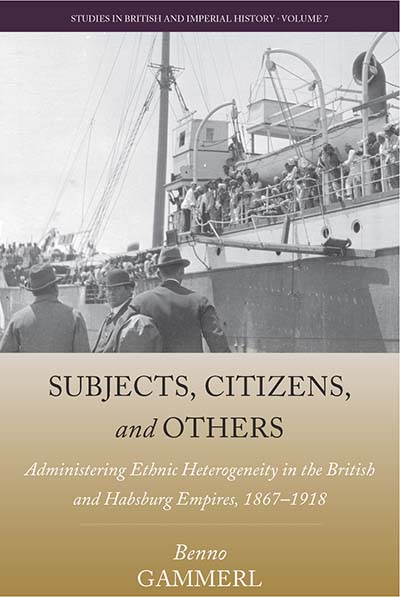 Published November 2017
Published November 2017 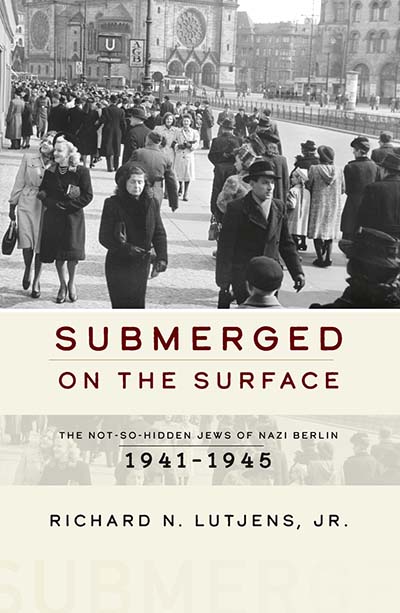 Published September 2019
Published September 2019 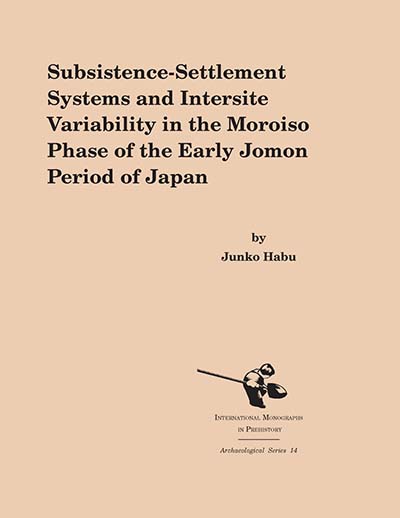 Published January 2001
Published January 2001 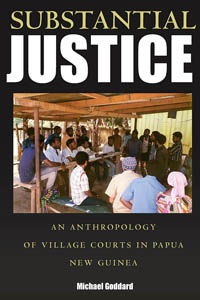 Published July 2009
Published July 2009 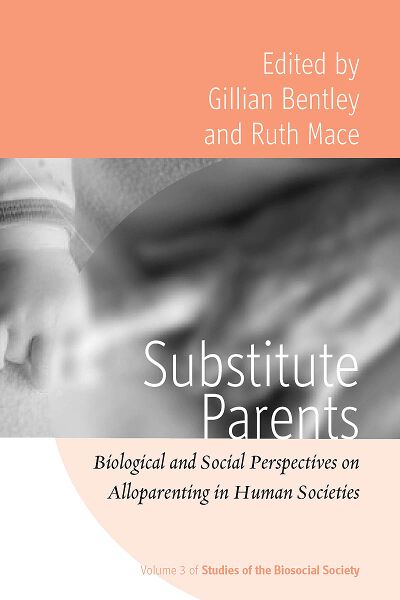 Published September 2009
Published September 2009 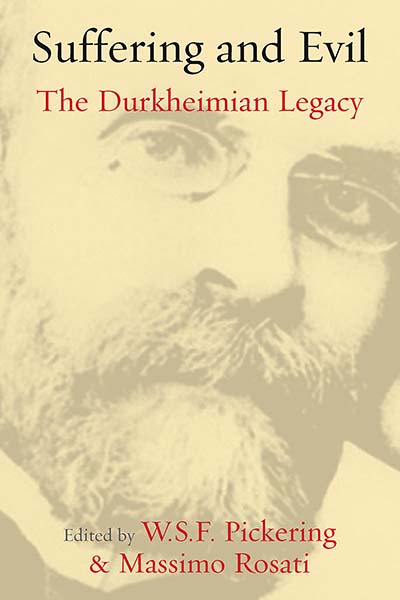 Published October 2008
Published October 2008 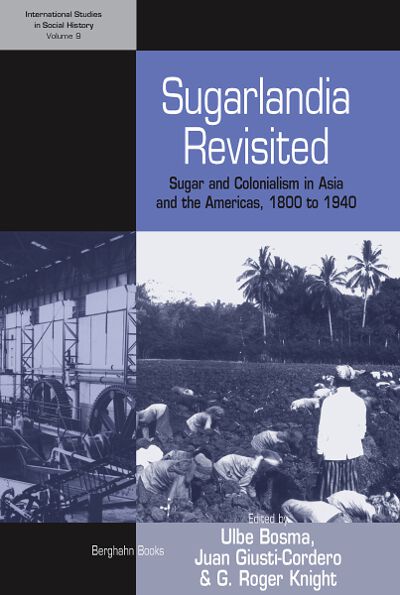 Published October 2007
Published October 2007  Published May 2013
Published May 2013 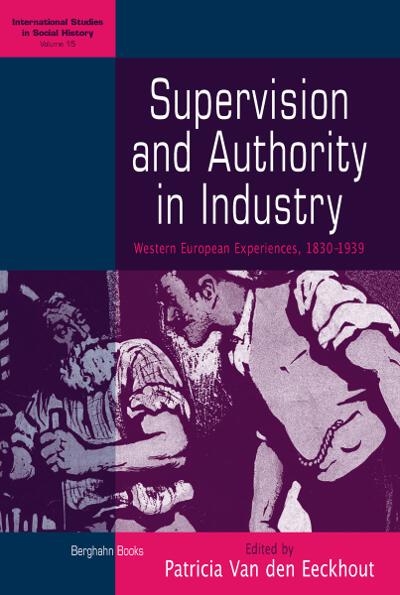 Published August 2009
Published August 2009 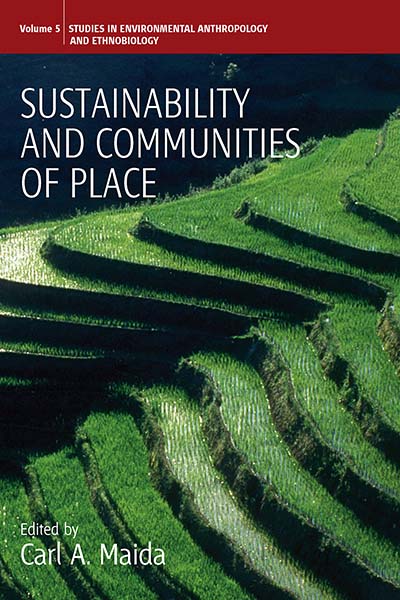 Published April 2007
Published April 2007 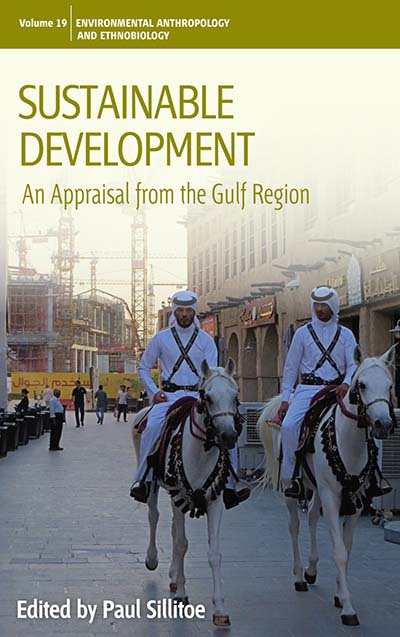 Published August 2014
Published August 2014  Published January 2020
Published January 2020 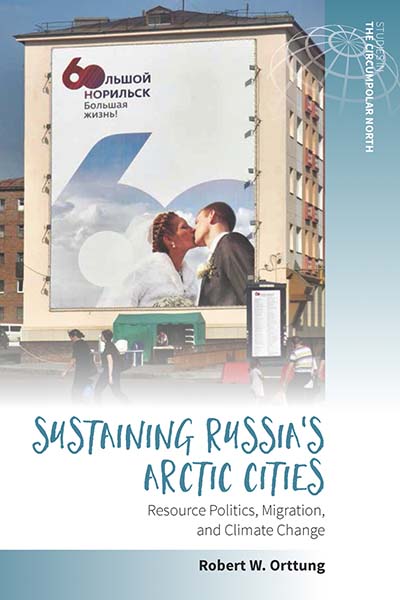 Published November 2016
Published November 2016 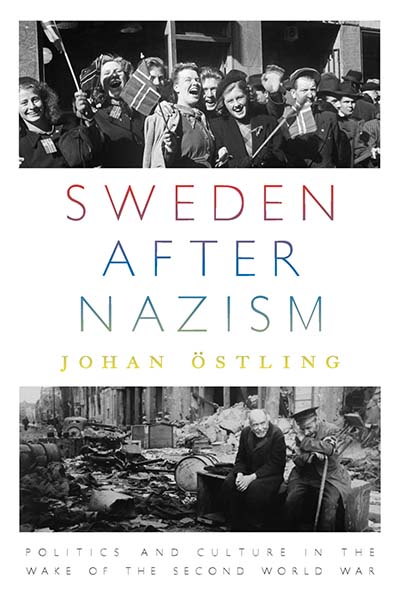 Published June 2016
Published June 2016 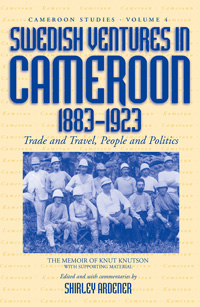 Published August 2002
Published August 2002  Published February 2003
Published February 2003 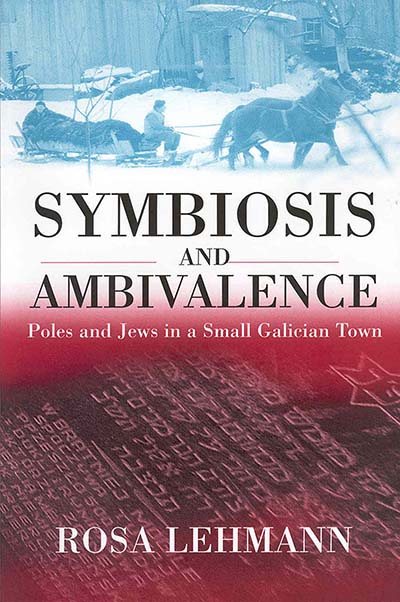 Published December 2001
Published December 2001